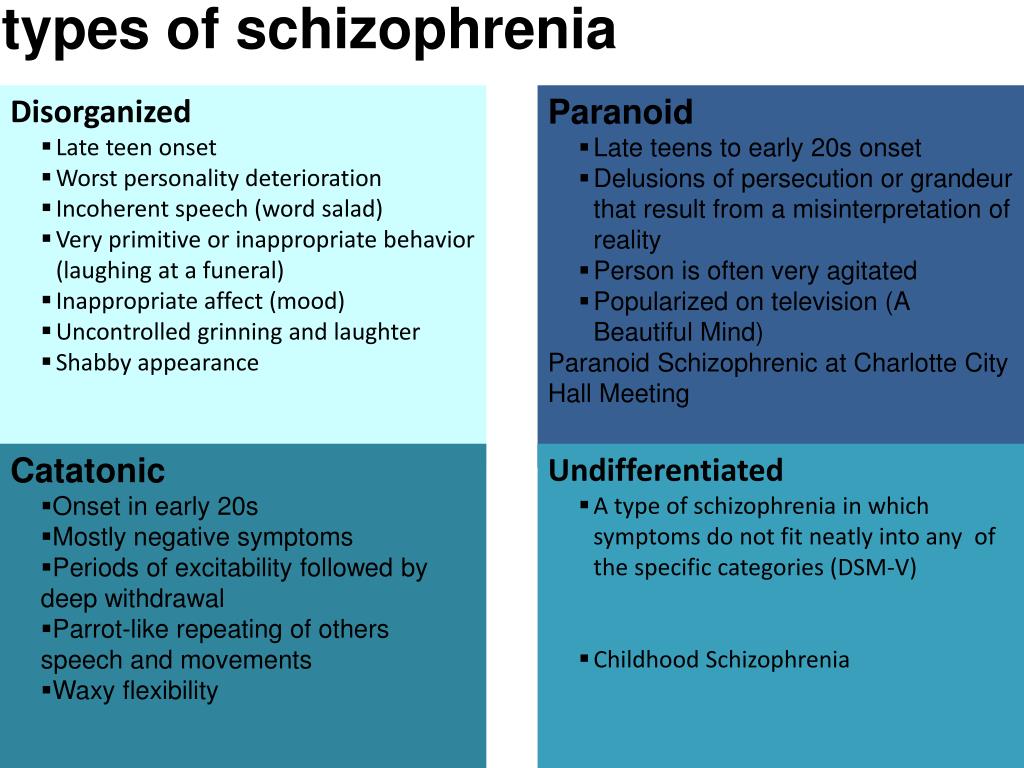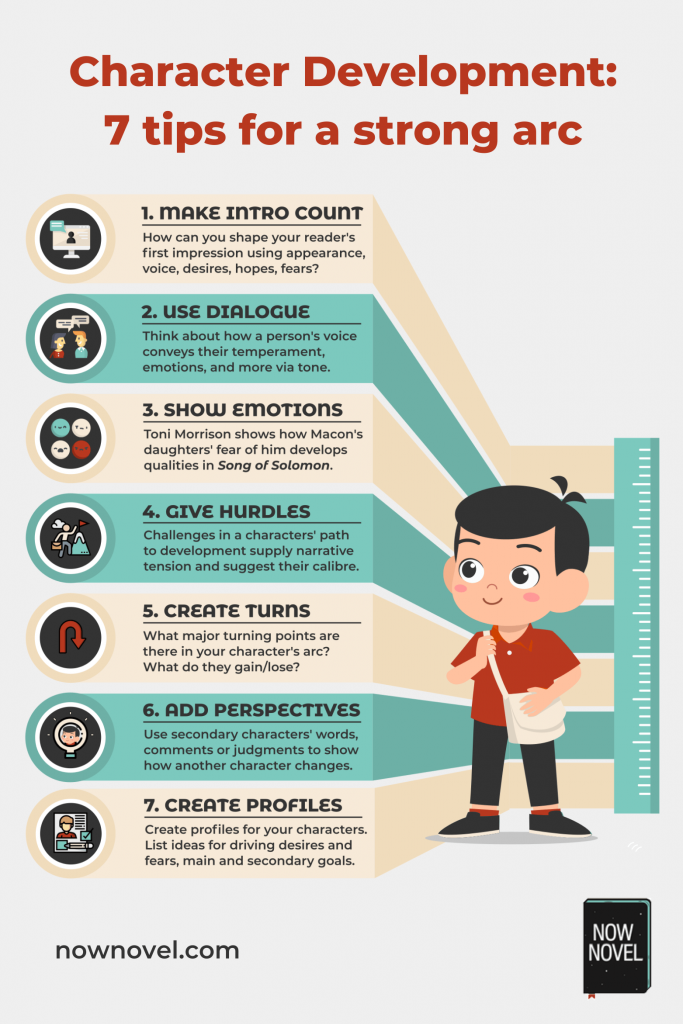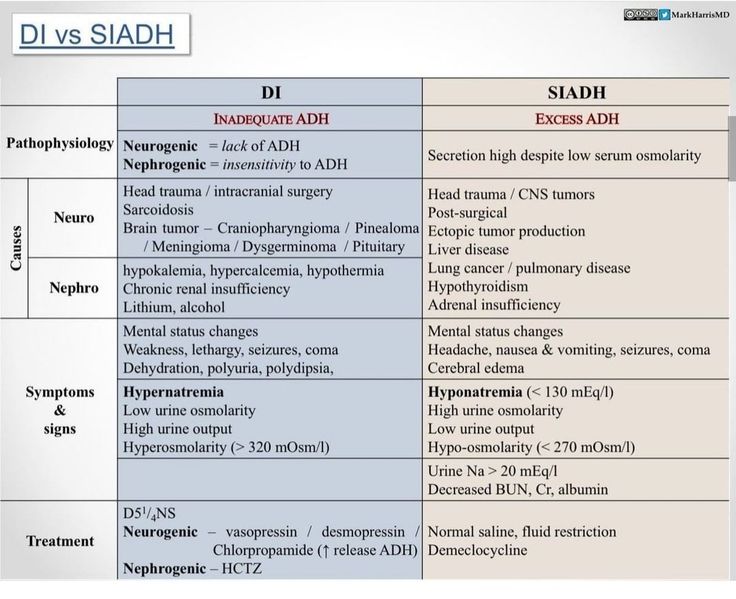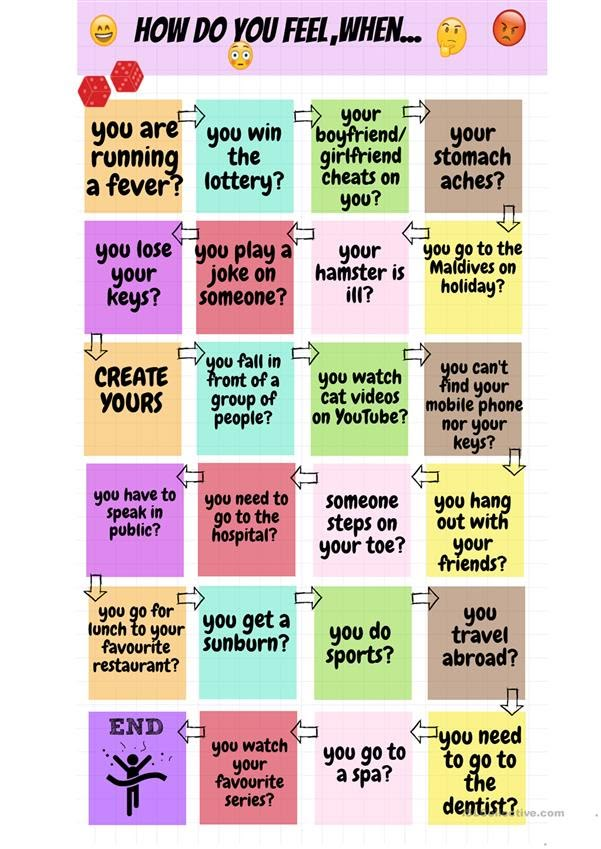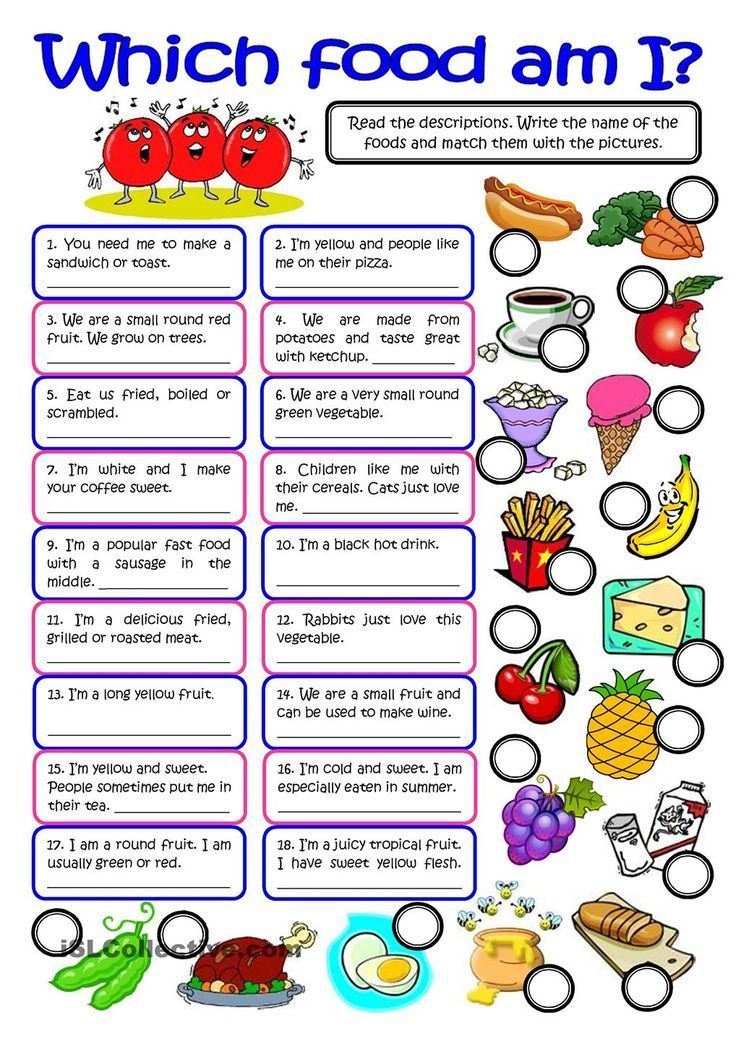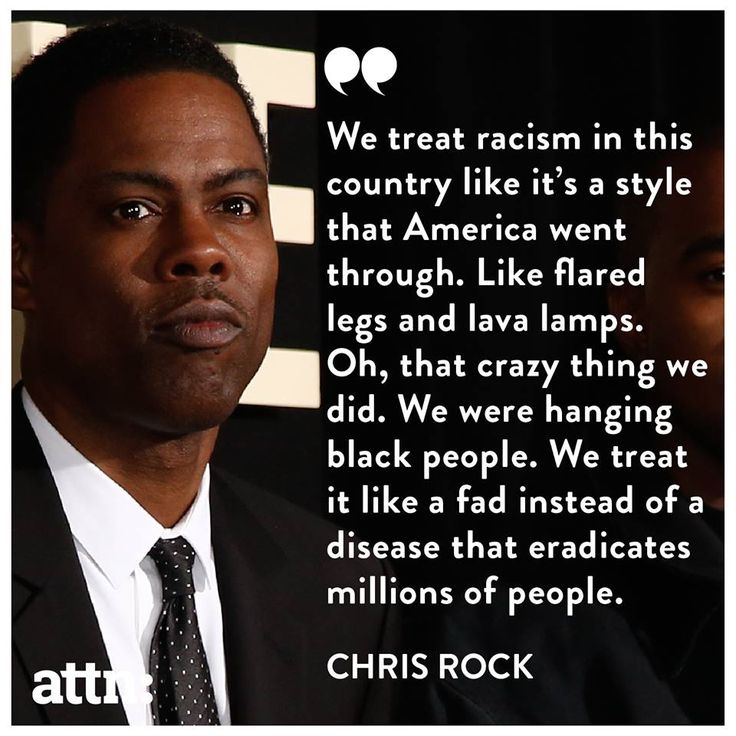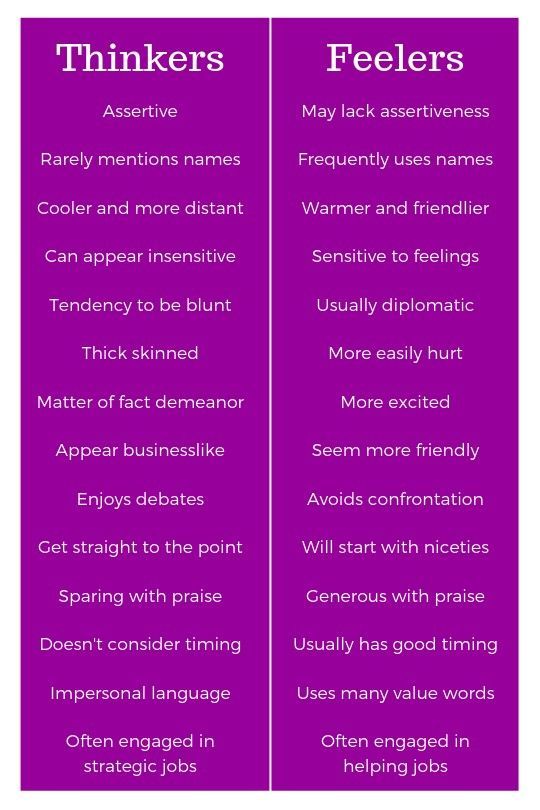Movies that help with depression
Diagnosing and Treating Depression (15 Best Movies to Help)
Home » Diagnosing and Treating Depression (15 Best Movies to Help)
Depression is one of the most common mental health disorders, but that doesn’t mean it’s easy to cope with.
According to CDC data, 18.5% of adults in the United States experienced symptoms of depression in any two-week period in 2019.
Unfortunately, depression symptoms often prevent people from getting the help they need.
The good news is, depression is treatable, and you enjoy sound mental health again if you pursue the right line of treatment.
Today, we’ll be guiding you through how to tell if you’re just feeling down or you may be clinically depressed. We’ll also be highlighting the many effective treatment options at your disposal if life feels like an uphill struggle.
If you are grappling with depression, you’ll see that you don’t need to suffer in silence and that you can kick back even if it doesn’t seem that way right now.
WHAT IS DEPRESSION?
The most crucial thing to understand about depression is that it’s an illness and not a sign of weakness. Depression can affect anybody, and it can strike at any time.
Classified as a mood disorder, depression is characterized by feelings of deep sadness, hopelessness, and loss that interfere with daily activities.
A patient with depression experiences persistently low moods, often to the extent that it becomes tough for them to function. Not only does this inability to carry out daily activities take a toll, but the ongoing feelings of sadness and resultant lack of motivation can impact all areas of your life, with depression affecting you:
Physically
Emotionally
Mentally
Socially
Professionally
Behaviorally
Now, you should not confuse depression with feeling down. Feeling low is a normal part of life’s ebb and flow. Reacting sadly to upsetting events is normal, too. When these feelings persist, and especially if they are not related to obvious external events, you could be suffering from depression.
Feeling low is a normal part of life’s ebb and flow. Reacting sadly to upsetting events is normal, too. When these feelings persist, and especially if they are not related to obvious external events, you could be suffering from depression.
While depression is common and affects nearly 1 in 10 Americans at some stage, it’s a serious medical condition that often gets worse without the proper treatment. Those who engage in courses of treatment for depression, though, can expect to see symptoms improve in as little as a couple of weeks.
What symptoms should you be looking out for if you believe that you or a loved one might be experiencing an episode of depression?
WHAT ARE THE SIGNS AND SYMPTOMS OF DEPRESSION?
Depression is also known as major depressive disorder or clinical depression. It is among the most common of all mood disorders.
The symptoms of depression can be severe, impacting the way you think, feel, and function.
According to the National Institute on Mental Health, symptoms must be present for at least two weeks for a diagnosis of depression.
The APA (American Psychiatric Association) adds a qualification to the above definition of depression: symptoms must also trigger an altered level of functioning for a formal depression diagnosis.
Depression brings about more symptoms than a state of sadness.
Symptoms of depression can affect your body and your mind. These symptoms could be ongoing, or they may come and go. Every person experiences depression differently.
Men, women, and children also experience depression in a slightly different way
SYMPTOMS OF DEPRESSION IN MEN
Mood: Irritability, anger, aggressiveness, restlessness, anxiousness.
Behavior: Loss of interest in normal activities, less pleasure in favorite activities, feeling easily tired, suicidal thoughts, using drugs or drinking excessively, taking part in risky activities.

Emotional well-being: Feeling sad, empty, or hopeless.
Sleep patterns: Insomnia, excessive sleepiness, restless sleep, pain and fatigue from lack of sleep, not sleeping through the night.
Cognitive abilities: Difficulty concentrating, difficulty completing tasks, delayed responses in conversations.
Sexual interest: Reduced libido, impaired sexual performance.
SYMPTOMS OF DEPRESSION IN WOMEN
Mood: Irritability.
Behavior: Loss of interest in normal activities, withdrawing from normal social engagements, suicidal thoughts, thinking more slowly, talking more slowly.
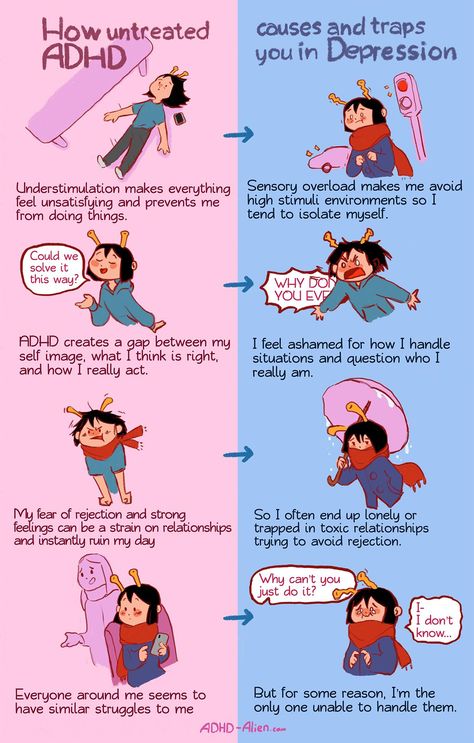
Emotional well-being: Feeling sad, empty, hopeless, or anxious.
Sleep patterns: Sleeping too much, waking early, difficulty sleeping through the night.
Physical well-being: Fatigue, decreased energy, weight changes, appetite changes, headaches, pain, cramps.
SYMPTOMS OF DEPRESSION IN CHILDREN
Mood: Irritability, mood swings, anger, crying.
Behavior: Getting into trouble at school, worsening grades, avoiding friends and siblings, thoughts of death and suicide.
Emotional well-being: Feelings of sadness, despair, crying, incompetence.
Sleep patterns: Sleeping too much, sleeping too little.

Physical well-being: Loss of energy, changes in appetite, digestive problems, weight gain, weight loss.
To recap, people tend to experience depression in different ways with various symptoms also varying from person to person.
TYPES OF DEPRESSION
POSTPARTUM DEPRESSION
Mild symptoms of depression and anxiety that fade within two weeks of delivery are often called the baby blues.
Full-blown depression, by contrast – either during pregnancy or after delivery – is termed postpartum depression.
The feelings of anxiety, extreme sadness, and exhaustion accompanying postpartum depression can make it challenging for new mothers to take care of themselves and their babies.
If substance use issues co-occur with postpartum depression, the coordinated treatment of both conditions delivers the most positive outcomes. CBT (cognitive behavioral therapy) and psychoeducation can help alleviate both disorders.
CBT (cognitive behavioral therapy) and psychoeducation can help alleviate both disorders.
BIPOLAR DEPRESSION
Bipolar disorder differs from depression, but those with bipolar experience very low moods that satisfy the criteria of major depression.
Those suffering from bipolar disorder also suffer from extreme highs in the form of manic or hypomanic episodes.
SEASONAL DEPRESSION
Seasonal depression, commonly known as seasonal affective disorder, occurs when depressive symptoms present during months with less natural sunlight. Seasonal depression often triggers social withdrawal, weight gain, and increased sleep.
This form of depression typically lifts during spring and summer. The symptoms usually return in the colder months.
MAJOR DEPRESSIVE DISORDER
The most severe type of depression, major depressive disorder is characterized by feelings of persistent sadness, worthlessness, and helplessness.
Without treatment, the symptoms of major depressive disorder seldom go away.
For a mental health care specialist to diagnose you with depression, you must experience at least 5 of these symptoms in any two-week period:
1. Losing interest in normal activities.
2. Feelings of guilt and worthlessness.
3. Feeling depressed most of the time.
4. Problems with concentration.
5. Feeling fatigued most days.
6. Weight loss or weight gain.
7. Slowed thinking and movements.
8. Disrupted sleep patterns.
9. Persistent suicidal thoughts.
DEPRESSION TREATMENT
Your doctor may diagnose depression using of the following methods:
Physical examination: Your doctor may conduct a physical exam. He may also ask questions related to your health.
 Sometimes, depression is linked to underlying physical health problems.
Sometimes, depression is linked to underlying physical health problems.Psychiatric evaluation: Your mental healthcare provider will question you about your thoughts, feelings, and behavior patterns. You’ll sometimes be asked to complete a questionnaire.
Lab tests: Your doctor may arrange a complete blood count. Thyroid testing is also commonplace when diagnosing depression.
DSM-5 criteria: The latest fifth edition of DSM (Diagnostic and Statistical Manual of Mental Disorders) lists criteria for depression that your doctor may use for diagnostic purposes.
Antidepressants can help to relieve the symptoms of many cases of moderate and severe depression.
There are many types of antidepressants with slightly different mechanisms of action, but they all perform the function of stabilizing brain chemistry.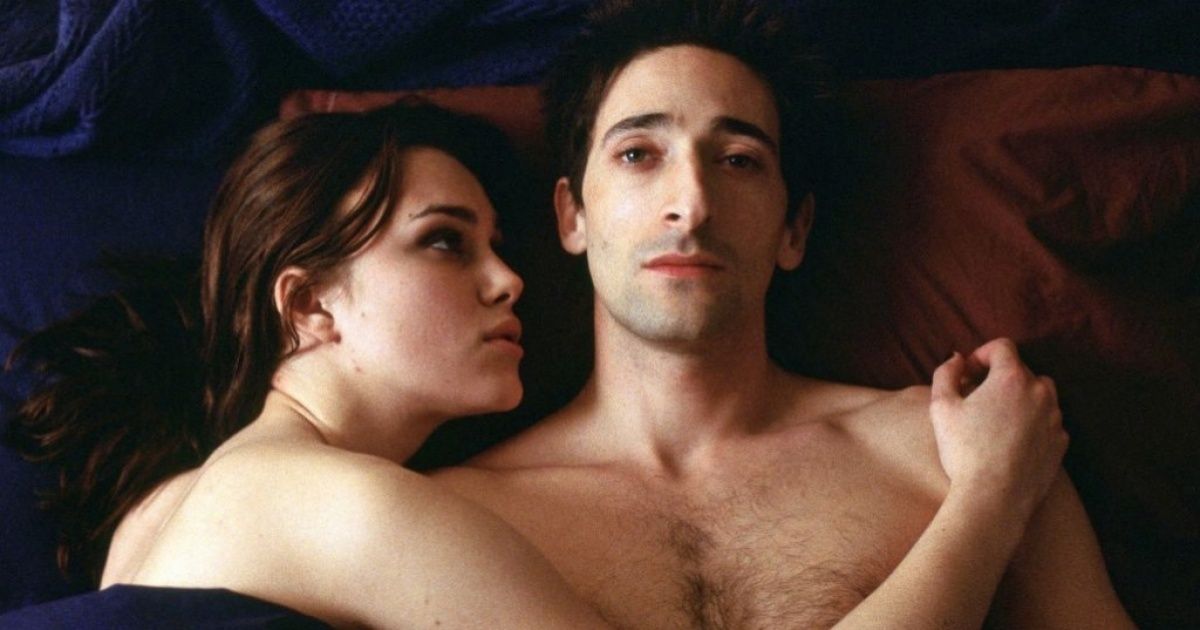 These are the most common medications in this class:
These are the most common medications in this class:
SNRIs: Antidepressants like Pristiq, Effexor, and Fetzima are classified as serotonin-norepinephrine reuptake inhibitors.
SSRIs: SSRIs are typically the first antidepressants a doctor will prescribe. SSRIs are normally considered safe, and they cause relatively few side effects. Common examples include Zoloft, Prozac, and Citalopram.
MAOIs: Monoamine oxidase inhibitors such as Marplan, Parnate, and Nardil are prescribed if other drugs fail due to the likelihood of experiencing severe side effects and the need to adhere to a strict diet.
Tricyclic antidepressants: Examples of tricyclic antidepressants include Tofranil, Pamelor, and Norpramin. While these medications are often effective, this type of antidepressant leads to more severe side effects than more modern alternatives.
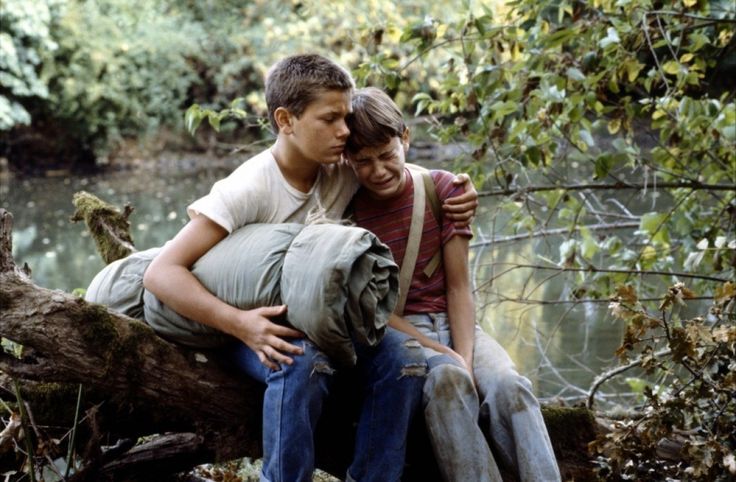 Tricyclics are no longer normally prescribed unless SSRIs have proven ineffective.
Tricyclics are no longer normally prescribed unless SSRIs have proven ineffective.Atypical antidepressants: Examples of atypical antidepressants are Wellbutrin SR, Wellbutrin XL, trazodone, and Remeron.
You may need to experiment with more than one type of antidepressant before finding one that relieves your symptoms.
Antidepressants can be prescribed in insolation, or they can be utilized in combination with psychotherapies. Psychotherapies in isolation can be effective for treating milder cases of depression.
These are among the most popular forms of psychotherapy used to treat the symptoms of depression:
Cognitive behavioral therapy: Cognitive behavioral therapy, commonly abbreviated to CBT, teaches you to explore the closely interrelated nature of your thoughts, feelings, emotions, and behaviors.
Your therapist will help you identify what triggers your depression, and you’ll also discover how to cope better with life’s everyday stressors. CBT focuses on the present rather than probing the past. CBT sessions are weekly for up to 20 weeks.
Online cognitive behavioral therapy: If you are unable or unwilling to engage with face-to-face CBT, get the same benefits through virtual counseling. All you need is an internet connection and a computer or smart device.
Counseling: Work with a counselor to identify new solutions for the problems you are currently facing in your everyday life.
Psychodynamic psychotherapy: A therapist will prompt you to openly speak about what’s troubling you. The aim of this form of psychotherapy is to identify possible meanings in your thoughts or your actions that might be triggering your depression.
Interpersonal therapy: With interpersonal therapy (IPT), you’ll sharpen your communication skills to help you streamline your interpersonal relationships. Therapists can also guide you through coping with external stressors like bereavement, although this is no substitute for dedicated grief counseling.
DUAL DIAGNOSIS TREATMENT
Dual diagnosis or co-occurring disorder is when a mental health disorder like depression co-occurs with alcohol use disorder or substance use disorder. Either the mental health disorder or the addiction can develop first.
Often, people suffering from depression self-medicate the symptoms with alcohol. While self-medication often provides fleeting relief, both conditions will be inflamed over time.
Dual diagnosis is becoming increasingly common, too. The most recent data from The National Survey on Drug Use and Health shows that 17 million adults in the United States experienced a co-occurring disorder in 2020.
According to NAMI (the National Alliance on Mental Illness), integrated intervention is the most effective form of dual diagnosis treatment.
Each of these conditions impacts the other, so you’ll need a comprehensive treatment plan targeting the symptoms of each condition simultaneously.
All dual diagnosis treatment should be highly personalized, but you can expect the following common elements:
Detox: Before you can engage with dual diagnosis treatment, you’ll need to detox from drink or drugs. This takes up to ten days. In the case of severe substance use disorder (SUD) or alcohol use disorder (AUD), medical detox is often recommended. This allows you to benefit from medications to ease withdrawal symptoms and around-the-clock medical care to safeguard you from complications during detoxification.
Inpatient treatment or intensive outpatient treatment: If you have a severe AUD or SUD and a co-occurring mental health condition like depression, inpatient rehab can be beneficial.
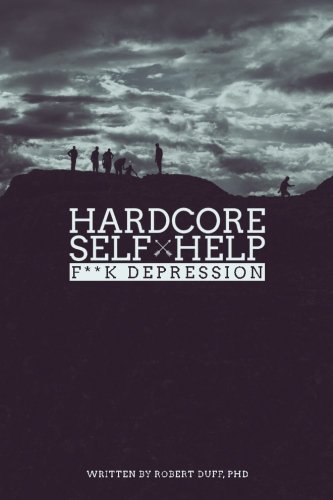 If residential rehab is impractical or unaffordable, there are more intensive forms of outpatient programs available in the form of IOPs (intensive outpatient programs) and PHPs (partial hospitalization programs). IOPs offer up to 15 hours of weekly therapy in an outpatient setting, while PHPs are full-time outpatient programs offering up to 35 hours of weekly dual diagnosis treatment.
If residential rehab is impractical or unaffordable, there are more intensive forms of outpatient programs available in the form of IOPs (intensive outpatient programs) and PHPs (partial hospitalization programs). IOPs offer up to 15 hours of weekly therapy in an outpatient setting, while PHPs are full-time outpatient programs offering up to 35 hours of weekly dual diagnosis treatment.Medication-assisted treatment: FDA-approved medications for alcohol use disorder and substance use disorder can be effective. These medications help reduce the intensity of cravings and withdrawal symptoms, minimizing the chances of relapse at this critical early stage of recovery. MAT is always most effective when delivered alongside psychotherapy.
Psychotherapy: Psychotherapy- CBT in particular – forms a key component of most effective dual diagnosis treatment plans.
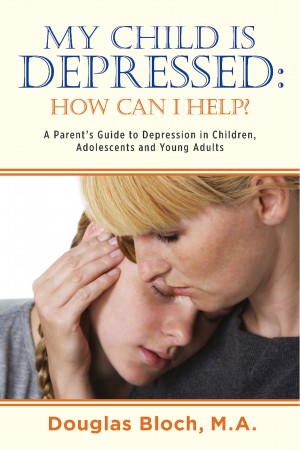 You’ll learn how to alter flawed patterns of thinking and implement healthy coping strategies rather than reaching for drink or drugs in response to life’s stressors.
You’ll learn how to alter flawed patterns of thinking and implement healthy coping strategies rather than reaching for drink or drugs in response to life’s stressors.
If you suffer from depression in any form, you might feel as though nobody understands what you are going through.
You are not alone and almost one in ten people in the United States are going through similar experiences. You may also find support and encouragement in movies illuminating the struggles of people grappling with depression. Explore our curated selection of 15 of the best movies about depression and treat yourself to some you time.
RESOURCES
Don’t Let Addiction Control You
LET US HELP YOU FIND YOUR NEW BEGINNING
CALL NOW (800) 994-2184
Mental illness, especially depression, frequently becomes the setting for compelling dramas in television and popular movies. Perhaps this is because the situations and character struggles are so real and can be easily identified with by wide audiences.
While their primary focus is to provide some measure of entertainment, movies about depression can actually provide some therapeutic benefit. More than simple escapism, films can provide an outlet for thoughts and feelings.
“When we are feeling depressed, inspiring movies can serve as a kind of timeout from the way we are feeling,” says Howard Pratt, DO, behavioral health medical director at Community Health of South Florida, Inc. (CHI). “In those couple of hours, the right film can [be uplifting],” he says. “Films show us different perspectives and lives different from our own. In this way, a movie’s story gives us access to experiences and emotions that can help us feel better.”
Here are our 15 Best Movies That Help with Depression, as clinically reviewed by the team at Gratitude Lodge.
How Can Movies Help with Depression?
Good movies evoke a response in viewers. Even those who may be emotionally distant or have trouble expressing themselves emotionally can find themselves in tears or side-splitting laughter during a movie.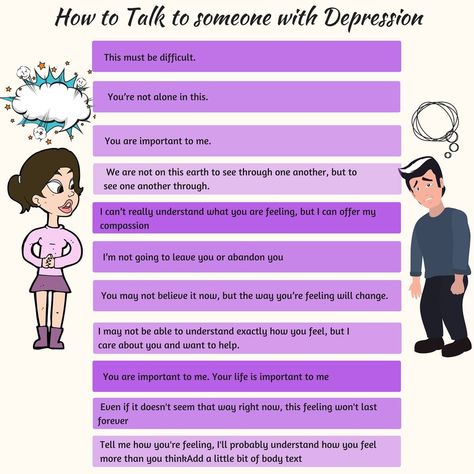 Releasing emotions provides us with a cathartic effect, which can help us become more comfortable expressing our emotions.
Releasing emotions provides us with a cathartic effect, which can help us become more comfortable expressing our emotions.
Watching movies can help us gain a better sense of our own lives and our place in the great scheme of things. Storytelling remains a powerful medium because we can see ourselves in the story. We may be compelled to a higher level of gratitude after seeing a particularly tragic scenario played out on screen, and be more thankful that our life isn’t so problematic. Or we may be able to better understand our own situation and reactions through how it is interpreted on the screen.
Movies give us a much-needed break from real life, even a movie about a condition we struggle with like depression. We are transported away from our own reality to a different time and place and can focus on something else for a while. This much-needed rest from reality can be an important therapeutic benefit that should not be overlooked as mere escapism.
Physically, movies can also trigger the release of cortisol, the stress hormone, followed by dopamine, which produces feelings of ease and pleasure.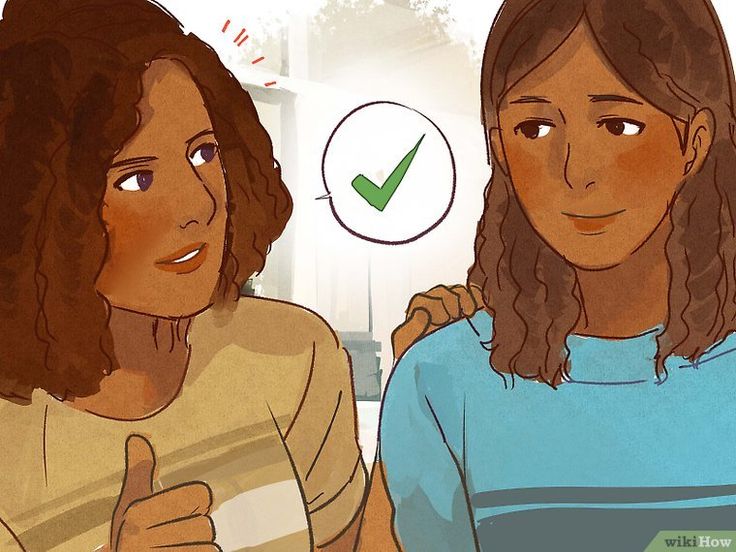 This physical reaction can provide welcome stress relief and relaxation to an otherwise troubled mind. Laughter releases endorphins that can be excellent for reducing stress and depressive mood symptoms.
This physical reaction can provide welcome stress relief and relaxation to an otherwise troubled mind. Laughter releases endorphins that can be excellent for reducing stress and depressive mood symptoms.
15 Best Movies That Help with Depression
Each of the following movies can be beneficial to help those suffering from depression. Each film portrays a different scenario dealing with depression and the characters’ struggle. Not every film has a positive ending, which is true to life. However, some patients with depression and/or substance abuse issues may learn more about themselves by viewing a close situation on the screen. These movies that help with depression can also be valuable to interpret the complicated issues of depression for a patient’s family, bringing them a better understanding of their loved one’s condition and its struggles.
Cake (2014)
Claire Bennet, played by Jennifer Aniston, has become resigned, hostile, and dependent on pain medication because she’s struggling with chronic pain after surviving a car accident that killed her son.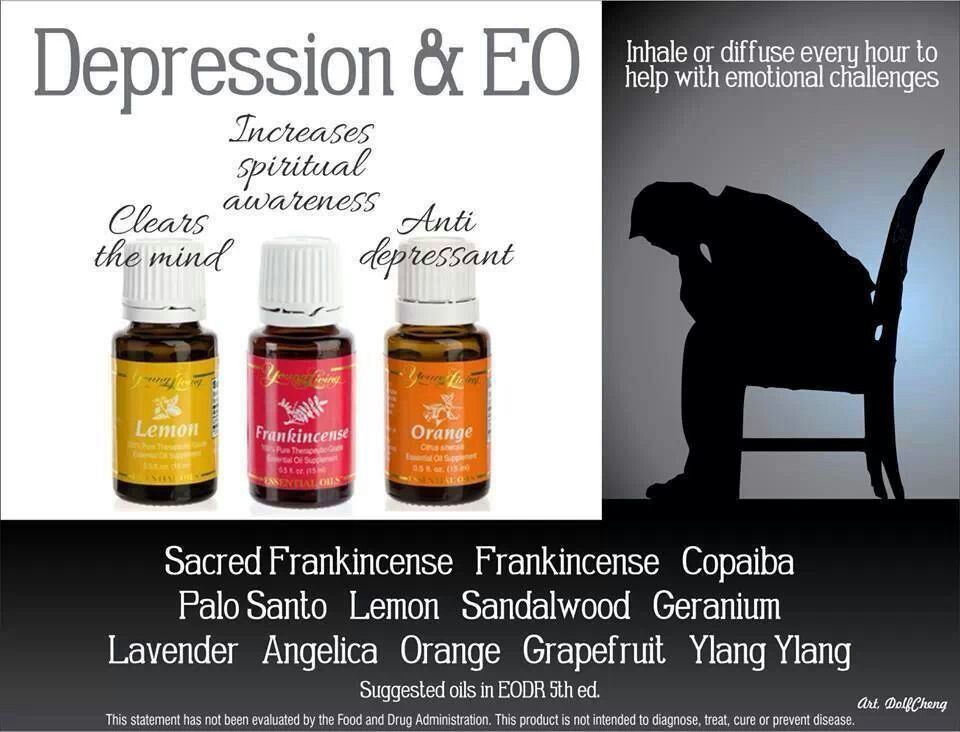 Her recovery gets complicated as she encounters a suicide, a lawsuit, and the man responsible for the accident. Chronic pain is an invisible illness suffered by an estimated 50 million Americans.
Her recovery gets complicated as she encounters a suicide, a lawsuit, and the man responsible for the accident. Chronic pain is an invisible illness suffered by an estimated 50 million Americans.
It’s Kind of a Funny Story (2010)
Sixteen-year-old Craig Gilner, played by Keir Gilchrist, voluntarily seeks help in a hospital after contemplating suicide. He bonds with patients in the adult psychiatric ward and eventually learns from his experience that he can get through the rest of his life with the help of his family and friends. Also starring Emma Roberts and Zach Galifianakis. A real journey of self-discovery is portrayed as Craig gleans life lessons from other patients in individual and group therapy.
The Perks of Being a Wallflower (2012)
Incoming freshman Charlie Kelmeckis, portrayed by Logan Lerman, suffers from clinical depression and PTSD. Charlie’s friend committed suicide and he has suffered the trauma of sexual abuse. On his first day of high school, he becomes friends with Patrick and Sam. The story follows how Charlie deals with the ups and downs with his new friends, relationships, inner conflict, and repressed memories. Also starring Emma Watson, Joan Cusack, and Dylan McDermott.
The story follows how Charlie deals with the ups and downs with his new friends, relationships, inner conflict, and repressed memories. Also starring Emma Watson, Joan Cusack, and Dylan McDermott.
The Virgin Suicides (1998)
The Virgin Suicides stars Kirsten Dunst, Josh Hartnet, Danny DeVito, and James Woods, in a mystery about fantasy, love, terror, repression, sex, and death. A group of curious teenage boys in the suburbs of mid-1970s Michigan observe five beautiful sisters from across the street. Traditional versions of family life and love are challenged, as well as the boundaries of affection, responsibility, and acceptable behavior.
Melancholia (2011)
In a play on the word “melancholy,” Kirsten Dunst and Kiefer Sutherland play in this odd story where Melancholia is the name of a rogue planet that crashes into earth, causing its destruction. The story depicts the lives and relationships of a handful of people leading up to the end of the world.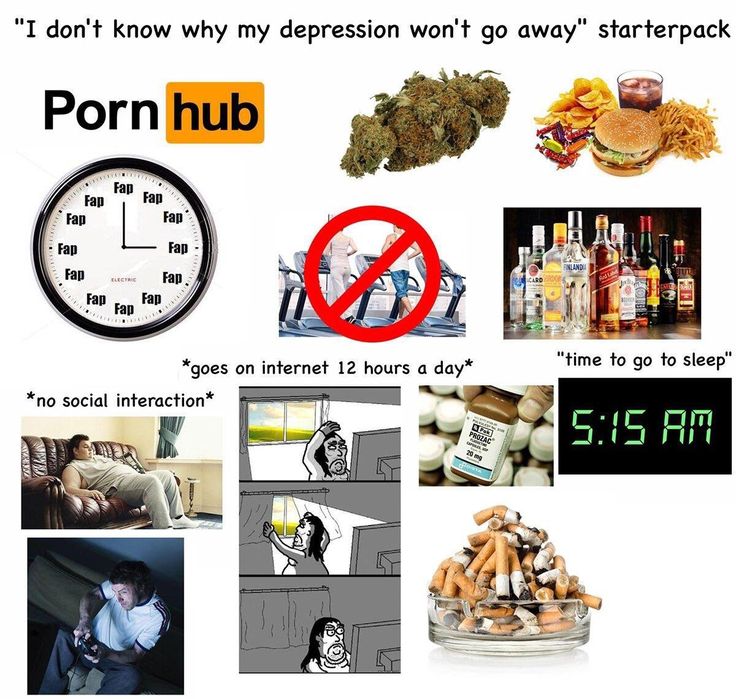 Two sisters find their already strained relationship challenged by events. This film raises serious questions about dealing with emotions under stress, painting melancholy people as more stable.
Two sisters find their already strained relationship challenged by events. This film raises serious questions about dealing with emotions under stress, painting melancholy people as more stable.
Girl, Interrupted (1999)
Winona Ryder and Angelina Jolie play in this vivid portrayal of a woman named Susanna’s experiences in an American psychiatric institution in the 1960s. Based on the book by the same title by Susanna Kaysen. After attempting suicide, Sussana develops relationships with other women in the ward. Her journey reflects on the meaning of being mentally ill, struggles with her treatment, learning how to commit herself to become ‘well,’ and changing her relationship with how she engages in medical therapy. Winner of an Oscar for Best Actress in a Supporting Role by Angelina Jolie.
Little Miss Sunshine (2006)
Follow the funny story of the Hoovers, a multi-generational family starring Greg Kinnear, Steve Carell, and Toni Collette; also starring Alan Arkin.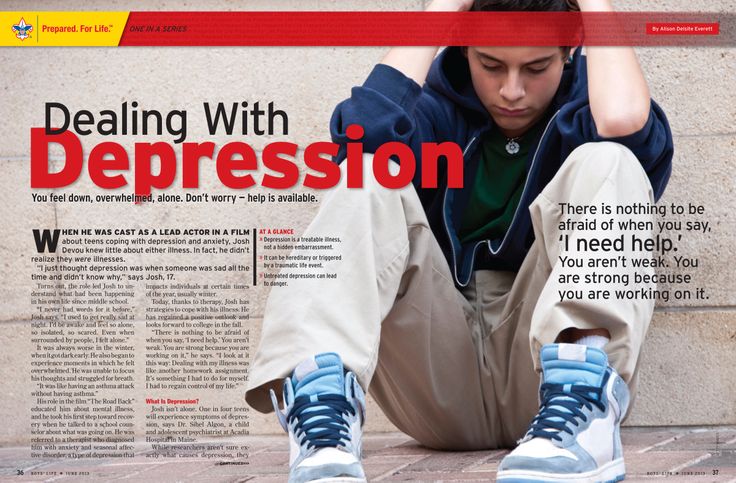 They vividly portray a troubled family riddled with constant friction that are transformed while on a road trip out west together. They endure one calamity after another, which forces the family to shift. The problematic vehicle becomes the symbol of their family, only functioning when everyone pitches in to contribute. Through this, they discover that their differences can actually complement each other instead of inciting friction.
They vividly portray a troubled family riddled with constant friction that are transformed while on a road trip out west together. They endure one calamity after another, which forces the family to shift. The problematic vehicle becomes the symbol of their family, only functioning when everyone pitches in to contribute. Through this, they discover that their differences can actually complement each other instead of inciting friction.
Silver Linings Playbook 2012
Nominated for best picture of the year and winner of an oscar for Best Performance by an Actress in a Leading Role by Jennifer Lawrence, this romantic comedy-drama follows Pat, played by Bradley Cooper, who was released from a psychiatric hospital and moved back with his parents. Pat has bipolar disorder and is trying to win back his wife. Pat meets Tiffany, a young widow with borderline personality disorder, who offers to help him in exchange for joining her in a dance competition. Pat, his father, and Tiffany reflect on their relationship as they cope with their personal situation.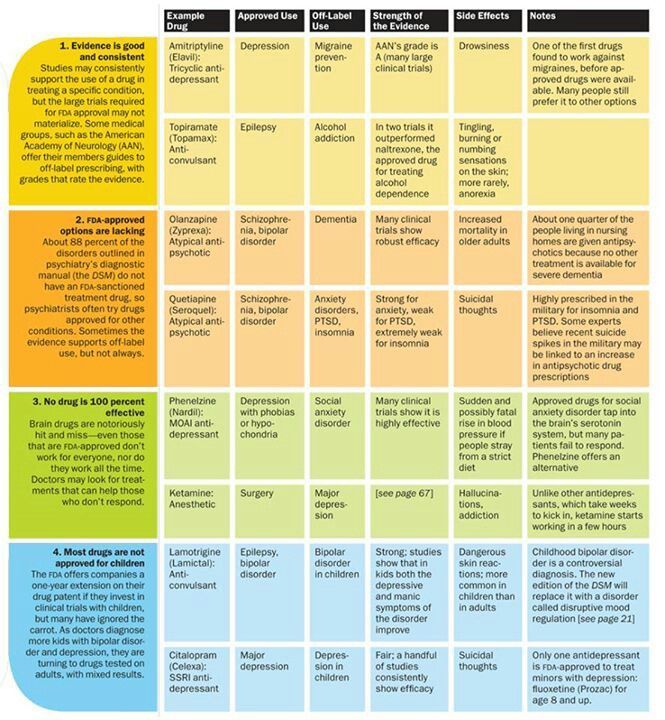 Also starring Robert De Niro.
Also starring Robert De Niro.
This film very vividly and accurately portrays a common borderline personality disorder symptom called “splitting,” which often results in individuals with the disorder rapidly and frequently oscillating between idealizing/loving and devaluing/hating important figures in their lives. Look for the scene in which Pat makes a cutting comment that deeply upsets Tiffany, whereupon she explodes and verbally eviscerates him on a public street.
The Hours (2002)
This film, winner of an oscar for Best Actress in a Leading Role by Nicole Kidman, is actually three stories about different women in different decades. In 2001, Clarissa, a New Yorker, prepares a party for her AIDS-stricken long-time friend. In 1951, a pregnant housewife, Laura, escapes her mundane life by reading. In 1923, Virginia began writing the book that would later connect her to Laura and Clarissa. Also starring Meryl Streep and Toni Collette. Each of these women deal with suidide in their lives
Garden State (2004)
This film follows Andrew, played by writer and director Zach Braff, a depressed, heavily medicated, struggling young actor/waiter who returns to his hometown after his mother’s death. He meets Sam (Natalie Portman), another troubled character who supports him in sorting through his issues. Andrew’s long-time estrangement from his family is vividly portrayed and affects his attempts at recovery.
He meets Sam (Natalie Portman), another troubled character who supports him in sorting through his issues. Andrew’s long-time estrangement from his family is vividly portrayed and affects his attempts at recovery.
Manchester by the Sea (2016)
Nominated for best motion picture of the year and winner of two oscars for Best Performance by an Actor in a Leading Role by Casey Affleck, and Best Original Screenplay by Kenneth Lonergan. Manchester by the Sea follows Lee Chandler (Affleck), a troubled, socially isolated man who is working as a janitor. Lee is unexpectedly called to return to his hometown upon his brother’s death, where he finds himself responsible for his 16-year-old nephew.
This film powerfully portrays grief, along with the additional complications of recent and past losses. Look for symptoms of Lee suffering from prolonged grief disorder or persistent complex bereavement disorder.
Numb (2007)
In this film that showcases a character with depersonalization disorder, Hudson Milbank (Matthew Perry) seeks psychiatric help because he finds himself feeling detached from the world around him and unable to connect with his surroundings both physically and emotionally.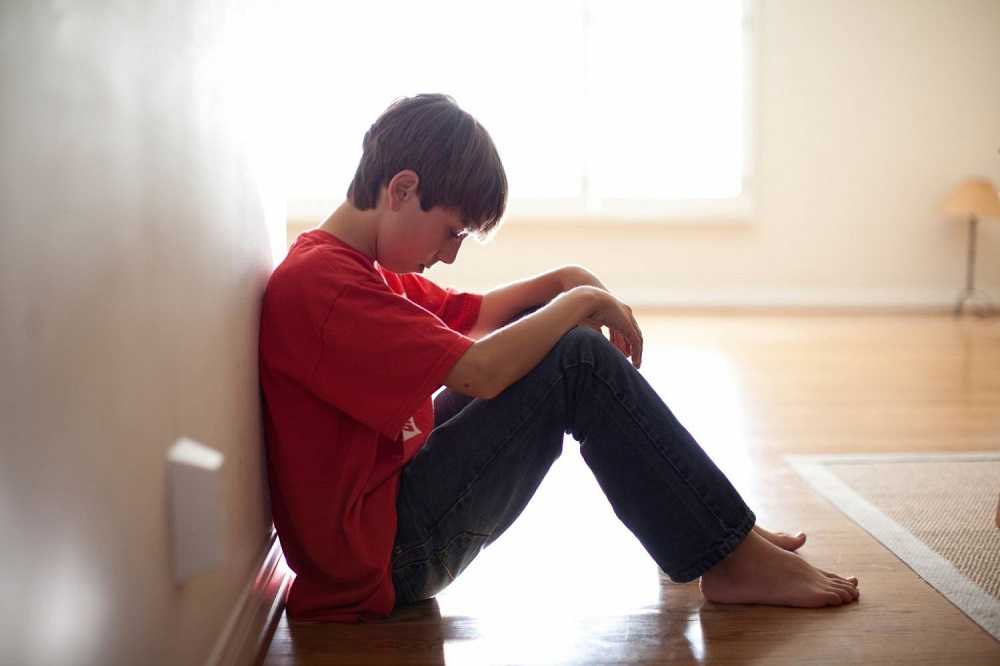 He finds solace through falling in love with Sara Harrison (Lynn Collins).
He finds solace through falling in love with Sara Harrison (Lynn Collins).
Eternal Sunshine of the Spotless Mind (2004)
This somewhat bizarre film features a medical treatment commonly used to treat severe depression or bipolar disorder, called electroconvulsive therapy (ECT). Joel (Jim Carrey) and Clementine (Kate Winslet) undergo the procedure in an attempt to erase one another from their memories after their relationship turns sour. Both characters battle severe depression and actually seek to “rediscover” their love for one another.
It’s a Wonderful Life (1946)
Frank Capra’s classic from 1946 is often viewed during the Christmas holiday season, and few realize its potential for help with depression. Suicidal businessman George Bailey, memorably portrayed by James Stewart, is given a view of life as it would have been without him by the angel Clarence, played by Henry Travers. Also starring Donna Reed, Ward Bond, and Lionel Barrymore. Clarence allows him to observe a world without his many blessings, which forces George to realize just how rare and precious the good things in his life actually are, which instantly cures his depression.
Clarence allows him to observe a world without his many blessings, which forces George to realize just how rare and precious the good things in his life actually are, which instantly cures his depression.
Terms of Endearment (1983)
Winner of five oscar awards (including Best Picture) and starring film legends Shirley MacLaine, Jack Nicholson, and Debra Winger, this high-acclaimed film follows Aurora and Emma, a widowed mother and daughter with a loving but tempestuous relationship that is tested over the decades. The tapestry of their lives contains many weaves of love and disappointment, fear, uncertainty, and sorrow.
If you have a drug addiction or are suffering from a mood disorder like depression, it is always best to seek help. Gratitude Lodge can help facilitate your recovery and work with you to build a long-term sober lifestyle that is sustainable and healthy. Get your life back on track — and start today!
Movies That Help When You're Depressed
Mental illness can certainly set the stage for compelling drama which may be why there are so many stories about depressed, anxious, and/or manic characters.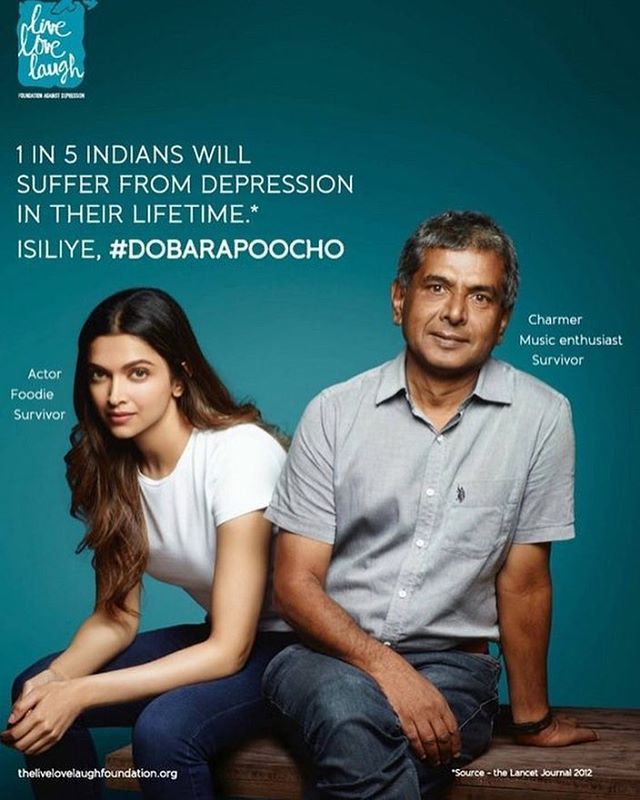 The field of psychiatry has given writers, actors, and producers plenty of interesting material to work with.
The field of psychiatry has given writers, actors, and producers plenty of interesting material to work with.
How Movies Help Your Mental Health
Films have the power of escapism. A good flick can walk us back through history, drop us in the center of a thrilling adventure, or catapult us forward in time to another dimension. And for those hours we're engrossed—real-life burdens melt away and we become totally transported.
For people battling the blues, films can provide an outlet for their thoughts and feelings—at least for a little while. “When we are feeling depressed, inspiring movies can serve as a kind of timeout from the way we are feeling,” says Howard Pratt, DO, behavioral health medical director at Community Health of South Florida, Inc. (CHI). “In those couple of hours, the right film can [be uplifting],” he says. “Films show us different perspectives and lives different from our own. In this way, a movie’s story gives us access to experiences and emotions that can help us feel better. ”
”
A good movie can also distract us from emotional pain or give us a place to put our unshed tears. When you are dealing with issues or mental health struggles, immersing yourself in another world and focusing on the characters, plotline, and story can help you forget about your own issues—even if only temporarily, says Holly Schiff, PsyD, licensed clinical psychologist at Jewish Family Services of Greenwich, Connecticut.
“Along with the escapism, movies can [invite] your depression take a back seat. Movies can also help you release your emotions and act as a catharsis, sometimes helping you express some emotions you’ve been having a hard time expressing,” she says. And—depending on the movie—it can amplify positive emotions, Schiff says. “Movies can motivate you to change or improve things in your life.”
Cinema Therapy: Is It Really A Thing?
Anyone who has ever experienced a change of heart or perspective after watching a movie can attest to their ability to influence the way we think about life’s dilemmas.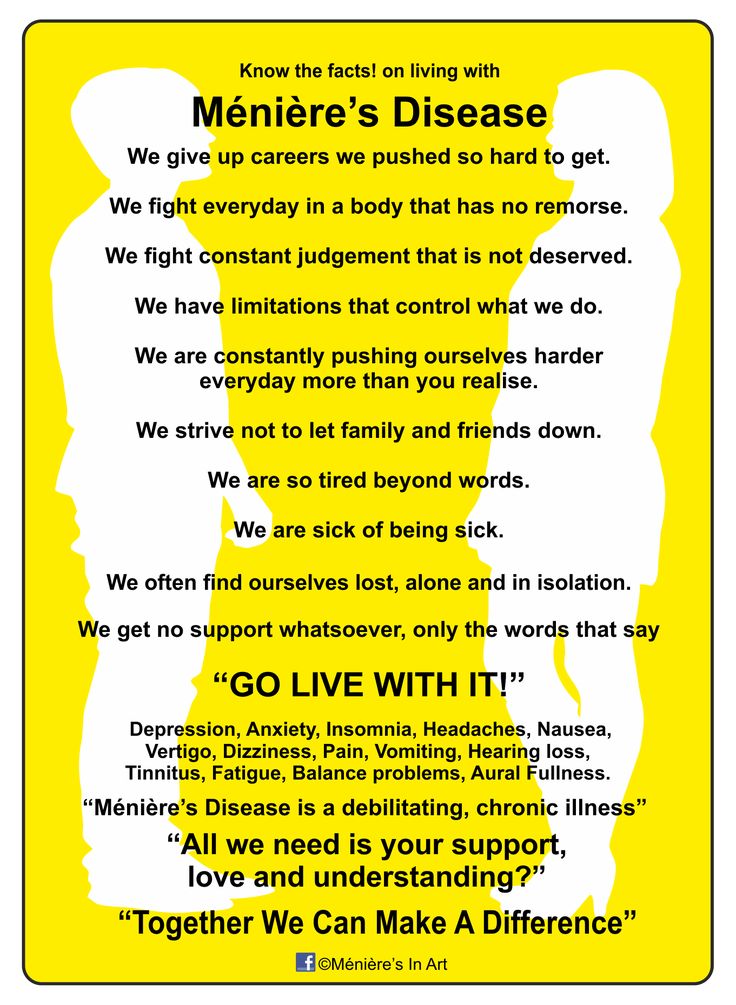 Some therapists even use "cinema therapy" to help their patients explore their own psyches and as a catalyst for the therapeutic process.
Some therapists even use "cinema therapy" to help their patients explore their own psyches and as a catalyst for the therapeutic process.
Birgit Wolz, PhD, MFT, a mostly-retired therapist in California used 'cinema therapy' with some of her clients. She developed a cinema therapy course for therapists and wrote reviews of some movies used for this purpose. In one review about the movie Lars and the Real Girl (2007) (starring Ryan Gosling who was largely unknown at the time), she wrote that "...emotional responses to movie scenes or characters can help clients to understand themselves better. When certain movies resonate with clients, they touch into a preconscious or unconscious part of their psyche. A film may move them deeply. A character or a scene might also upset them intensely. Understanding their emotional responses to movies...can serve as a window to their unconscious."
Laura Fonseca, MSW, LCSW, a child and adolescent therapist in St. Louis, Missouri says that movies from one’s childhood can be quite soothing for some teenagers. ”When experiencing triggers that cause feelings of anxiety or depression, I encourage teens to watch favorite movies from childhood as a way to calm down, relax, and ground themselves. This helps teenagers to move out of their lower brain to their higher brain and process their triggers in a calmer state.”
”When experiencing triggers that cause feelings of anxiety or depression, I encourage teens to watch favorite movies from childhood as a way to calm down, relax, and ground themselves. This helps teenagers to move out of their lower brain to their higher brain and process their triggers in a calmer state.”
For some people, scary movies can be oddly comforting, according to New York-based psychoanalyst Claudia Luiz, CertPsy, MEd, PsyD. “Horror movies can provide relief to the viewer,” Luiz says explaining that the reaction to horror films is quite similar to the solace many people find in tearjerkers. “The fight-or-flight they experience every day is given perspective. The extreme terror makes our real fears less hard to bear.” (Experts also point out that horror movies have also unfairly contributed to the perception that mental illnesses are violent conditions. When serious conditions like bipolar disorder are misportrayed the consequences can be terrible. People who need help don't receive it and may struggle to find someone who takes their symptoms seriously.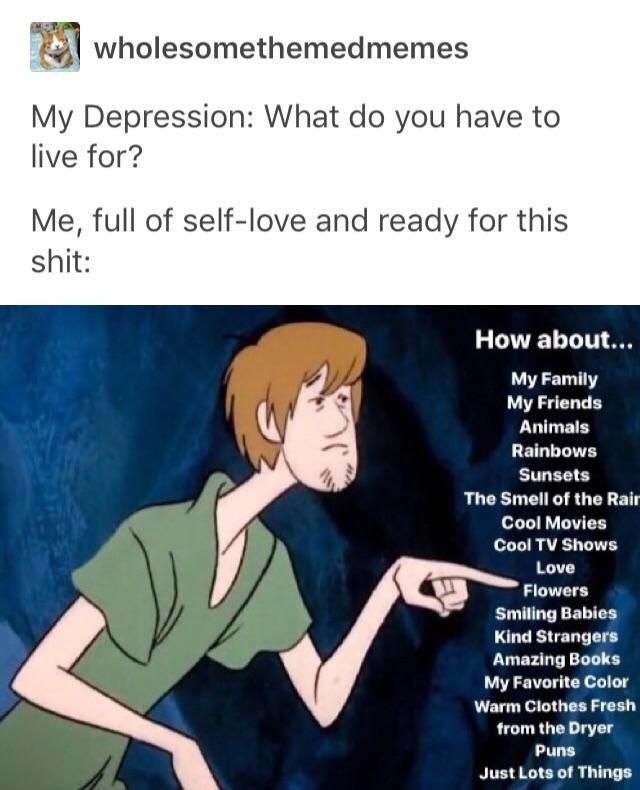 )
)
Tamekis Williams, LCSW, and owner of Real Life Solutions GA Therapeutic and Coaching Services in Atlanta uses movies to help clients reconnect with their authentic selves and remove barriers like depression and anxiety that stop them from living a conscious, healthy, and happier life.
Black Panther (a 2018 superhero film) has inspired many Black people. “Seeing the positive representation of the [African American] culture and heritage makes them feel proud and gives them a sense of confidence and self-esteem,” Williams explains. “Many are able to identify with the underlying meaning of the storyline and characters in the film. Also, entire families are going to the movies together, wearing movie-themed apparel, creating memories, and enjoying the camaraderie of the experience. All of this richness enhances overall wellbeing and is just a lot of fun.”
William sometimes recommends sitcoms and standup comedy shows. “Laughter releases endorphins so programming that makes you laugh can be excellent for reducing stress and depressive mood symptoms.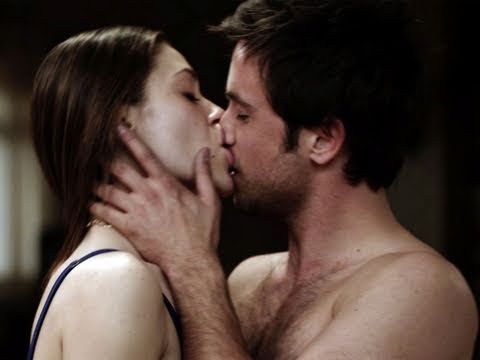 Watching comedy can reduce negative thinking, lessen feelings of isolation, and help provide a sense of normalcy, too.”
Watching comedy can reduce negative thinking, lessen feelings of isolation, and help provide a sense of normalcy, too.”
Finally, Williams says that movies based on a particular mental health disorder can be beneficial if they present an accurate depiction of what it’s like to actually live with the disorder or live with a family member who has it. “Viewers often gain a more positive outlook on how to care for a loved one or change their perspective about people who live with the disorder,” she says.
The Top 10 Best Movies for Your Mental Health
Whatever your reason, Psycom has some suggestions. We compiled this list by consulting some experts and asking a few of our contributors. One of Psycom's editorial board advisors, Sherry Amatenstein, LCSW, loved the assignment so much she asked her patients for recommendations. (See Therapist Picks.) Additional input was provided by followers on Instagram @Psycom. (See Psycom Weighs In.)
SILVER LININGS PLAYBOOK(2012) - Available on Netflix
We put this movie in the number one spot because it's widely regarded for its accurate portrayal of the challenges of serious mental illness.
 It's also one of Amatenstein's favorites. "My initial introduction to this movie was from a patient who wanted me to understand the ‘scariness’ of what went on in his mind. This emotionally resonant film starring Bradley Cooper as Pat, a man whose previously untreated bipolar disorder cost him both his marriage and job," Amatenstein explains. "The movie begins as Pat, newly released from a mental hospital (he was committed after beating up his wife’s lover), moves back in with his parents and meets recently widowed Tiffany, played by Jennifer Lawrence, who is also suffering from her own mental instability.
It's also one of Amatenstein's favorites. "My initial introduction to this movie was from a patient who wanted me to understand the ‘scariness’ of what went on in his mind. This emotionally resonant film starring Bradley Cooper as Pat, a man whose previously untreated bipolar disorder cost him both his marriage and job," Amatenstein explains. "The movie begins as Pat, newly released from a mental hospital (he was committed after beating up his wife’s lover), moves back in with his parents and meets recently widowed Tiffany, played by Jennifer Lawrence, who is also suffering from her own mental instability.Watching Silver Linings Playbook when you’re in a bad place is medicinal because it shows that having a mental illness doesn’t define a person, that you can still find love, and more importantly, find strength within yourself to begin accepting that it’s okay not to be "perfect.” Once you accept yourself, it’s easier to tackle rather than avoid your problems and find your center in the process.

INSIDE OUT (2015) – Available on Disney +
An animated children’s film about an 11-year-old girl who’s uprooted from her home in the Midwest to San Francisco, Inside Out “does a fantastic job exploring how emotions can impact a person,” says Michael Damioli, LCSW, CSAT, clinical director, Colorado Medication Assisted Recovery (CMAR). “By externalizing someone’s internal emotional process it gives us the understanding into how our feelings can impact our thoughts and behaviors, but more importantly, it reminds us that we can, and often do, have the conscious ability to choose our emotional state at different times,” he says. “It also does a fantastic job adding levity and humor to our emotional process and especially to the feeling of sadness/depression.
 ”
”IT'S A WONDERFUL LIFE (1946)- Available on Amazon Prime
“The story of George Bailey, a man of extravagant dreams who is too committed to helping his community to live those dreams out, never get old,” Dr. Pratt says. After being saved from a suicide attempt by a guardian angel, George is given insights into how his life has touched so many people and finds newfound gratitude for his small-town life, friends, and family. “When we are depressed, we are prone to overlook the good in us and the positive impacts we have on others. We can also be prone to demand perfection of ourselves,” Dr. Pratt says. “This film reminds us that our lives can be beautiful and have enormous value just as they are and that our imperfections can be remedied when we work together and quite often create opportunities to bring people together.
 ”
”500 DAYS OF SUMMER (2009) – Available on Amazon Prime
A romantic comedy, the film is about a greeting-card writer who is blindsided by his girlfriend when she suddenly decides to break up with him. By reflecting on the 500 days of their relationship and where it went wrong, he rediscovers himself in the process. “The film helps give perspective,” Schiff says. “While you may feel depressed and that life can never get better, it shows us that happiness and opportunities can be right around the corner—but only if we are willing to go out there and take them.”
AS GOOD AS IT GETS (1997) – Available on Netflix
The romantic comedy centers around Melvin Udall, a miserable, lonely New York City writer who ironically is a best-selling romance novelist.
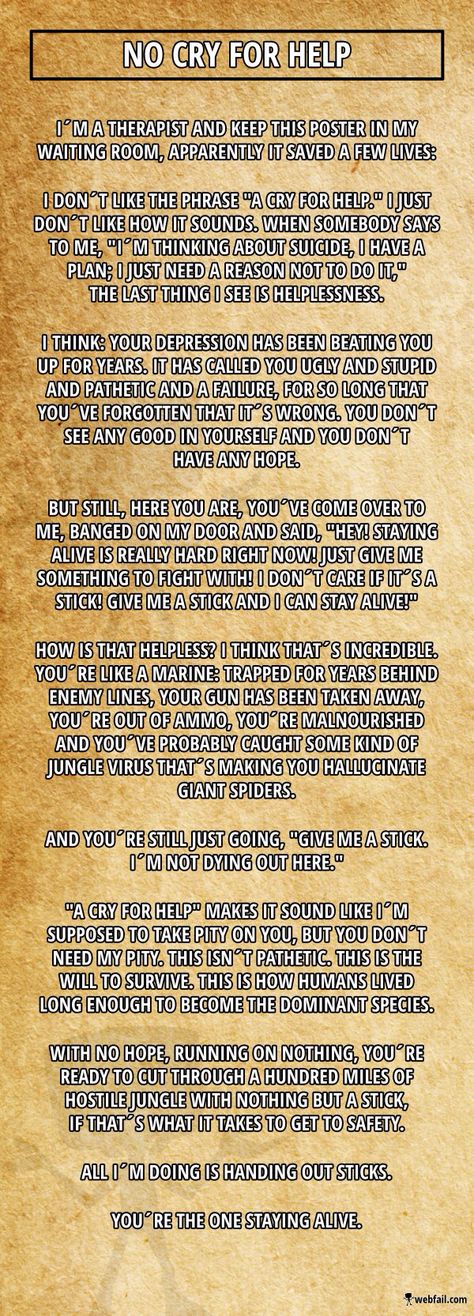 He suffers from obsessive–compulsive disorder and generally drives everyone around him bananas. Melvin has a neighbor, Simon, who is violently assaulted and falls into depression as a result.
He suffers from obsessive–compulsive disorder and generally drives everyone around him bananas. Melvin has a neighbor, Simon, who is violently assaulted and falls into depression as a result.When Melvin is talked into taking care of Simon’s dog, his journey into a more complete life begins. “As in all of these films, there is a movement from isolation toward integration. Often when we are depressed, we find ourselves just getting by with no real joy in our lives. It’s the same for Melvin who can write successfully about love but only through the course of the film does he come to break out of the trap of his compulsions and actually take the first step to find real love,” Dr. Pratt says.
THE PERKS OF BEING A WALLFLOWER (2012) – Available on Hulu
“In therapy, there is a saying that you have to ‘feel it to heal it,’ ” Damioli explains.
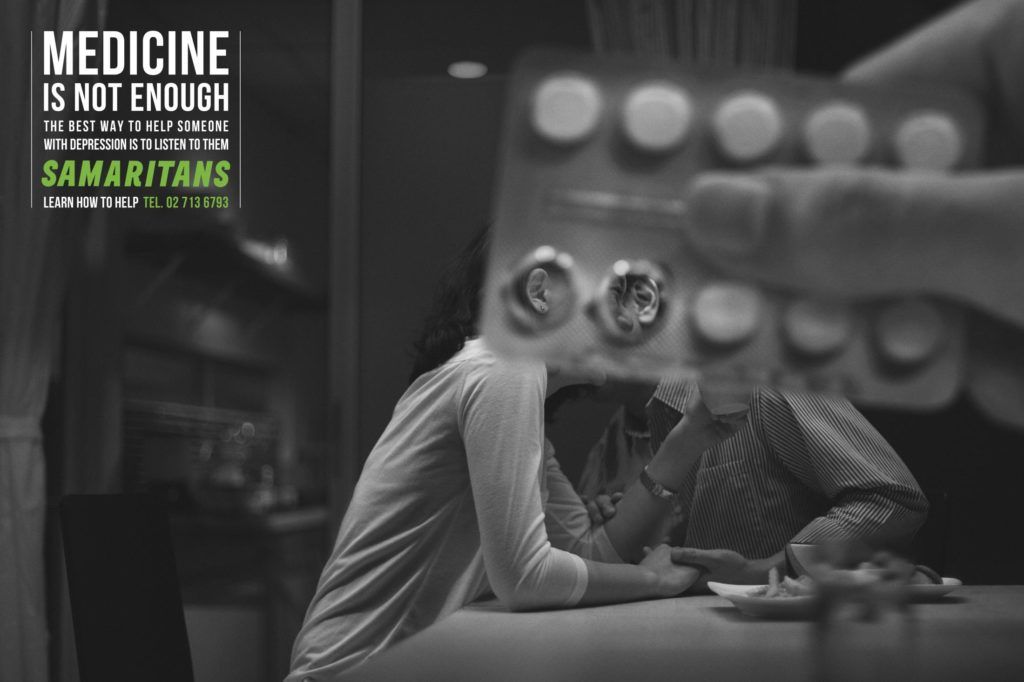 “If someone has an idea why they are depressed it might be good to watch movies that relate to that topic. Maybe they recently experienced a loss, a breakup, or are in a phase of life that has them asking existential questions about themselves and their world,” he says. “When someone is feeling heavy with the existential questions in life, I think watching a coming of age movie can be very helpful and therapeutic.
“If someone has an idea why they are depressed it might be good to watch movies that relate to that topic. Maybe they recently experienced a loss, a breakup, or are in a phase of life that has them asking existential questions about themselves and their world,” he says. “When someone is feeling heavy with the existential questions in life, I think watching a coming of age movie can be very helpful and therapeutic.Coming of age films are stories of adolescents or young adults as they go through profound life changes which cause them to begin to create their identities as adults,” Damioli says. The Perks of Being a Wallflower is the story of a socially awkward teen who’s befriended by two free-spirited classmates that help him discover a sense of belonging.
THE ACCIDENTAL TOURIST (1988) – Available on Amazon Prime
The film’s main character is Macon Leary a travel writer who is emotionally crippled by the death of his son.
 His marriage destroyed, he lives a half-life as a travel writer making guides for business travelers who hate to travel, showing them how to avoid any hassles along the way. “Sometimes, when we, like Macon, are depressed we see our lives as a series of obstacles to get around on our way to some other place and we miss the joys of the journey along the way,” Dr. Pratt says.
His marriage destroyed, he lives a half-life as a travel writer making guides for business travelers who hate to travel, showing them how to avoid any hassles along the way. “Sometimes, when we, like Macon, are depressed we see our lives as a series of obstacles to get around on our way to some other place and we miss the joys of the journey along the way,” Dr. Pratt says.“Fortunately for Macon, he has a misbehaving dog that requires training. He finds a trainer in Muriel, a woman who operates a kennel, and seems to know that Macon is a good though broken man better than he knows it himself. Muriel is just the sort of over-the-top personality Macon would habitually want to avoid, another disruption to get around during travel. And yet the entire movie charts the quiet awakening of Macon’s ability to feel again largely driven by Muriel’s persistent, and ultimately successful efforts to connect with him,” Dr. Pratt says. “The road out of depression is often accompanied by happy accidents, new perspectives, and new ways of seeing those around us.
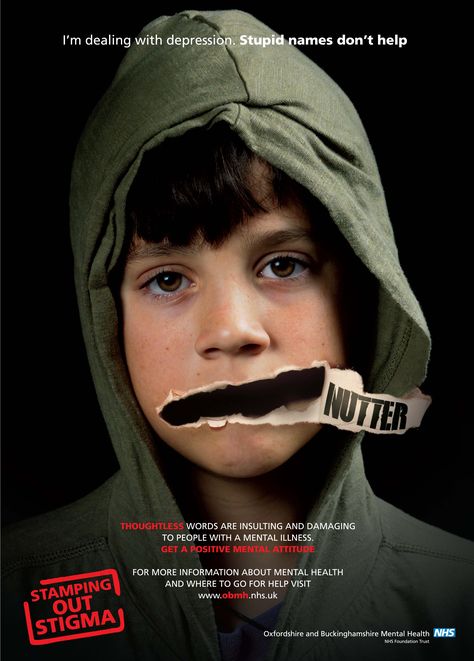 And sometimes that even results in welcoming new and unexpected people into our lives.”
And sometimes that even results in welcoming new and unexpected people into our lives.”LITTLE MISS SUNSHINE (2006)- Available on Amazon Prime
The story of a delightfully-quirky family who pile into a VW bus to drive 800 miles cross country so their young daughter can compete in the Little Miss Sunshine pageant, delivers belly laughs along the way. “Sometimes, you just need a break from the sadness and want to watch something that will bring you joy and happiness,” Damioli says. Little Miss Sunshine is a funny movie with heart, meaning, love, adventure, and innocence, he says.
A CHARLIE BROWN CHRISTMAS (1965) – Available on Apple TV
The animated film is about a little boy, Charlie Brown, who is depressed during the Christmas season.
 “How often we forget, during the holidays, that many of us share low moods precisely during a season that is all about good cheer,” Dr. Pratt says. “To empathize with Charlie is to empathize with our own mixed feelings about the holidays and hopefully that takes some of the pressure off, easing some of our gloom and any complicated feelings we might have about the holidays or any other moments when we are expected to be happy and may not be.”
“How often we forget, during the holidays, that many of us share low moods precisely during a season that is all about good cheer,” Dr. Pratt says. “To empathize with Charlie is to empathize with our own mixed feelings about the holidays and hopefully that takes some of the pressure off, easing some of our gloom and any complicated feelings we might have about the holidays or any other moments when we are expected to be happy and may not be.”SMOKE (1995) – Available on Amazon Prime
A kind of underground Christmas movie, Smoke is an adaption of a story by novelist Paul Auster. “Here, the drama revolves around several characters that hang around a tobacco shop in Brooklyn—all of whom have suffered traumatic losses and disconnections, yet they all find the courage and generosity to move beyond what could easily trap them in a cycle of bitterness and isolation,” Dr.
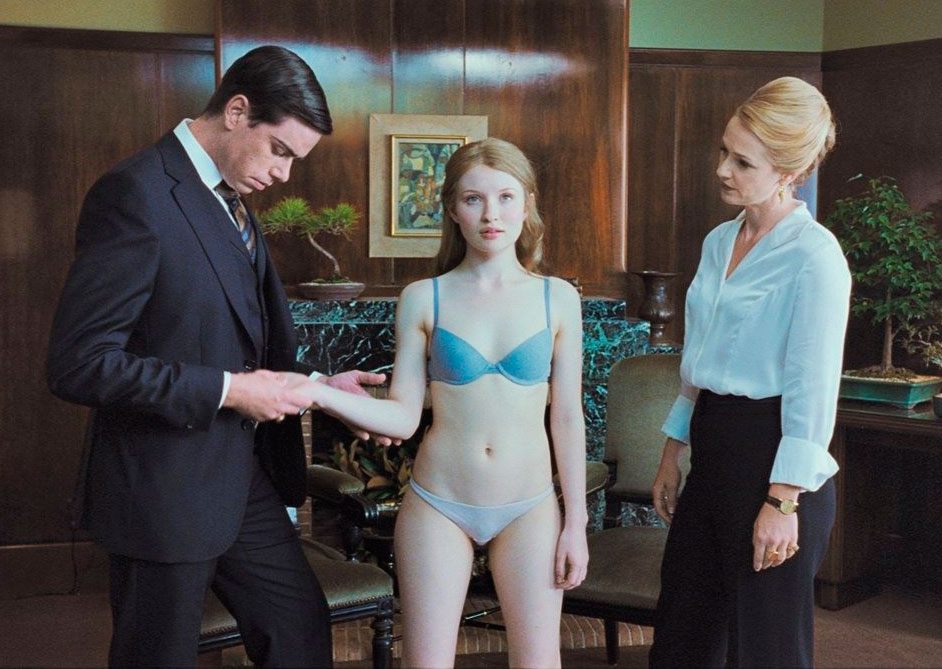 Pratt says.
Pratt says.“Instead, they each ultimately choose to take risks to help others in need. By the movie’s end, all of the central characters have come together to form a kind of improvised family and just in time for the final scenes: the telling of a story that gets at the spirit of Christmas, which seems to be about extending oneself to help others even when we know we live in a world that might not appreciate or even notice our best gestures and intentions,” Dr. Pratt says.
Therapist Picks: 5 Feel-Good Flicks When You’re Sad
New York City therapist, author, and relationship expert Sherry Amatenstein, LCSW lives with high-functioning depression and is a 'cinema therapy' fan.
"Studies have shown that in a group setting at least ‘ cinema therapy’ can be effective in boosting mental wellness," Sherry explains adding that even more than comfort food—pop tarts and mayonnaise-slathered chicken salad for her!—escaping into a beloved movie is the perfect mood-re-setter when you feel sad.
"For some people, watching fellow sufferers on the screen offers reassurance that you are not alone; invite someone in your life to watch with you so he or she can understand how you feel. Others find viewing a movie that personifies silliness or tells a gripping, seat of your pants yarn to be perfect medicine," she says.
A few years back, Amatenstein conducted an informal poll—she asked her patients for their film recommendations. Here are some oldies but goodies to help you recapture hope, or at the least, glimpse a possibility of a different perspective on your troubles. (Note: The following reviews were written by Amatenstein and are in her voice.)
BRINGING UP BABY (1938)
Few things lift me out of a dark mood faster than this madcap screwball comedy classic with Katherine Hepburn and Cary Grant as an heiress who is instantly smitten with a stodgy, about to be married straight-laced paleontologist, who she entraps into a dizzily delightful plan that spirals to involve a tame leopard named Baby, a priceless dinosaur bone, a pet dog who loves to secretively bury priceless dinosaur bones, and an escaped not-so-tame circus leopard.
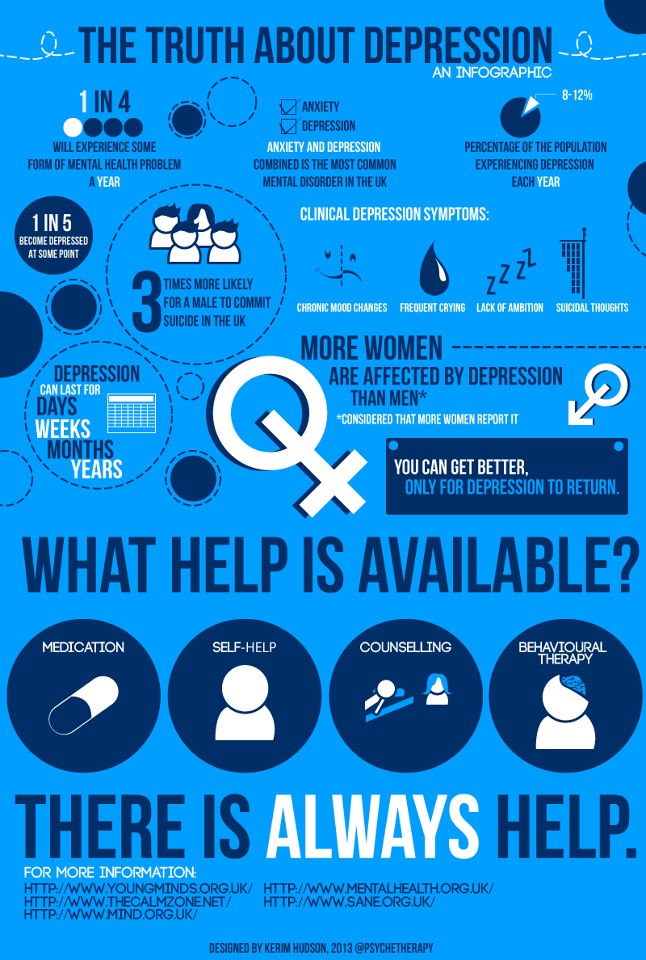 Helplessly laughing at antics that have no meaning, is a perfect reminder that while there is much suffering on this globe, there is also joy!
Helplessly laughing at antics that have no meaning, is a perfect reminder that while there is much suffering on this globe, there is also joy!TERMS OF ENDEARMENT (1984)
There are tear-jerkers, and then there is the 1984 Best Picture Oscar winner starring Shirley MacLaine and Debra Winger (both also picked up Oscars) as Aurora and Emma, a widowed mother and daughter with a loving but tempestuous relationship that is tested over the decades. The women have a falling out after Emma marries Flap (Jeff Daniels) against her mother’s wishes. The young couple has three children but Emma eventually returns to her mother after tiring of her husband’s philandering ways. Aurora finds herself in a relationship for the first time in years with a skirt-chasing and scene-stealing former astronaut Breedlove, played by Jack Nicholson.
We are deeply invested in these richly imperfect characters well before Emma develops terminal cancer. The movie reminds us of the tapestry of life that contains so many weaves—love and disappointment; uncertainty and fear….
 At times life can bring what feels like unendurable sorrow, but the ultimate reward of connecting is well worth the risk of reaching out to other human beings.
At times life can bring what feels like unendurable sorrow, but the ultimate reward of connecting is well worth the risk of reaching out to other human beings.E.T. THE EXTRA-TERRESTRIAL (1982)
Even the most cynical and hopeless soul cannot help but feel uplifted after viewing E.T., directed by Steven Spielberg. Ten-year-old Elliot (Henry Thomas) befriends an extraterrestrial stranded on earth, and like Dorothy in The Wizard of Oz (also recommended when depressed!), all little E.T. wants is to go home. While Elliot and the endearing E.T. can’t communicate in words, their telepathic language helps bond these innocent kindred spirits. In addition to brilliantly depicting childhood wonder and magic (the scene of Elliot’s bicycle skating by the moon is a great visual to remember when you need a non-celluloid pick-me-up), the last third of the movie is a great adventure yarn as Elliot, his sister Gertie (Drew Barrymore) and their friends embark on a desperate race to reunite E.
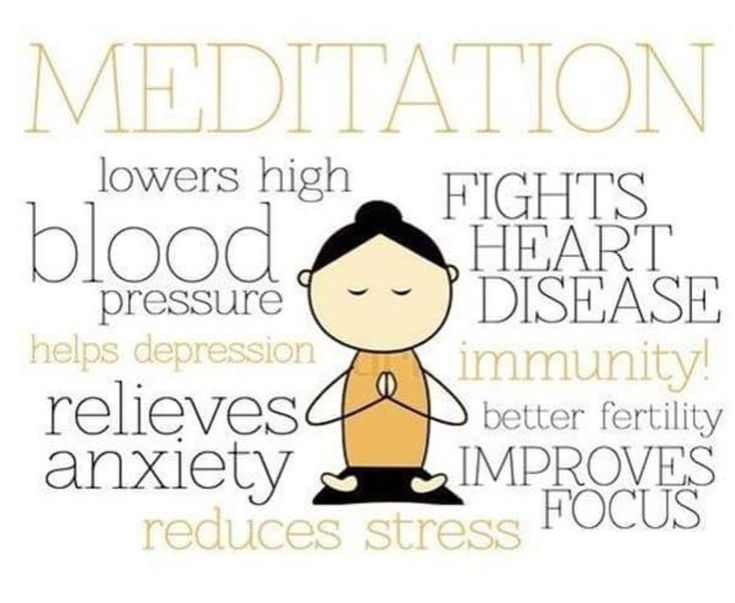 T. with his ‘alien’ family before Government scientists capture the creature from outer space to study him. No matter how daunting the journey, never give up; there is always a way home.
T. with his ‘alien’ family before Government scientists capture the creature from outer space to study him. No matter how daunting the journey, never give up; there is always a way home.WHEN HARRY MET SALLY (1989)
Nora Ephron’s beloved rom-com came up repeatedly on the lists of those I polled for this roundup. Billy Crystal and Meg Ryan as Harry, pessimist with a soul, and the uptight but achingly vulnerable Sally shine in this sunny, smart, at times hysterically funny (ergo the iconic fake orgasm in the diner scene topped by arguably the most oft-repeated line in movie history!) story of two friends’ 12-year journey to discovering they are made for one another. Their eventual declarations land so deeply with viewers because the love is grounded in mature yet neurotic, wholly known, and believable characters who can be totally themselves with one another as long as they both shall live. Real love between flawed humans rocks!
THE PRODUCERS (1968)
Another oft-mentioned depression buster by my respondents is perhaps the funniest movie ever made—Mel Brooks’ five guffaws a minute-inducing film The Producers.
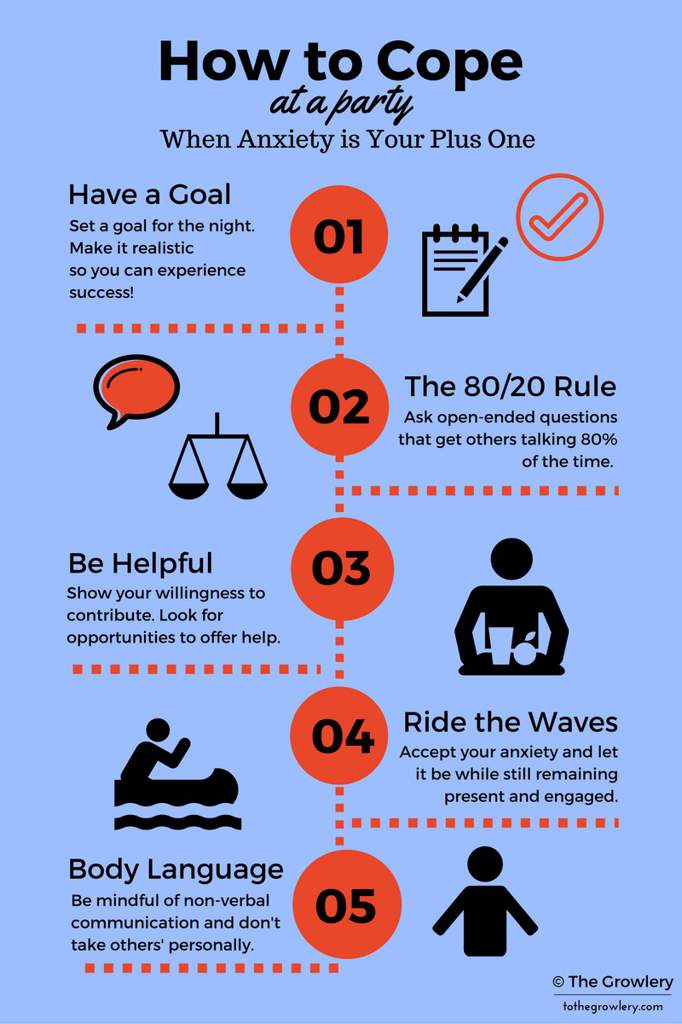 Zero Mostel as shyster Broadway producer Max Bialystock (just typing the name makes me smile) and Gene Wilder as Leo Bloom, Bialystock’s cringing accountant and accomplice in crime, form the laureates of comedy pairings. When Bloom makes the observation that Bialystock, who raises money for his productions by seducing checks out of sex-starved little old ladies “could make a lot of money by over financing turkeys…the IRS isn’t interested in flops,” the two put in motion a scheme to create a 10 % destined to fail musical “Springtime for Hitler.” To ensure the success of their failure plot, they enlist as playwright neo-Nazi Franz Liebkind, played with 150% brio by Kenneth Mars. The best-laid plans: The insanity of numbers such as the musical’s dance line of SS girls singing “Don’t be stupid, be a smarty! Come and join the Nazi Party!” make "Springtime for Hitler "the hit of the season. The non-stop manic outrageousness of The Producers will make you laugh so hard the sadness will roll right out!
Zero Mostel as shyster Broadway producer Max Bialystock (just typing the name makes me smile) and Gene Wilder as Leo Bloom, Bialystock’s cringing accountant and accomplice in crime, form the laureates of comedy pairings. When Bloom makes the observation that Bialystock, who raises money for his productions by seducing checks out of sex-starved little old ladies “could make a lot of money by over financing turkeys…the IRS isn’t interested in flops,” the two put in motion a scheme to create a 10 % destined to fail musical “Springtime for Hitler.” To ensure the success of their failure plot, they enlist as playwright neo-Nazi Franz Liebkind, played with 150% brio by Kenneth Mars. The best-laid plans: The insanity of numbers such as the musical’s dance line of SS girls singing “Don’t be stupid, be a smarty! Come and join the Nazi Party!” make "Springtime for Hitler "the hit of the season. The non-stop manic outrageousness of The Producers will make you laugh so hard the sadness will roll right out!
Psycom writer Susan McQuillan, MS, RD, CDN watches Love, Actually (2003) whenever she needs a lift.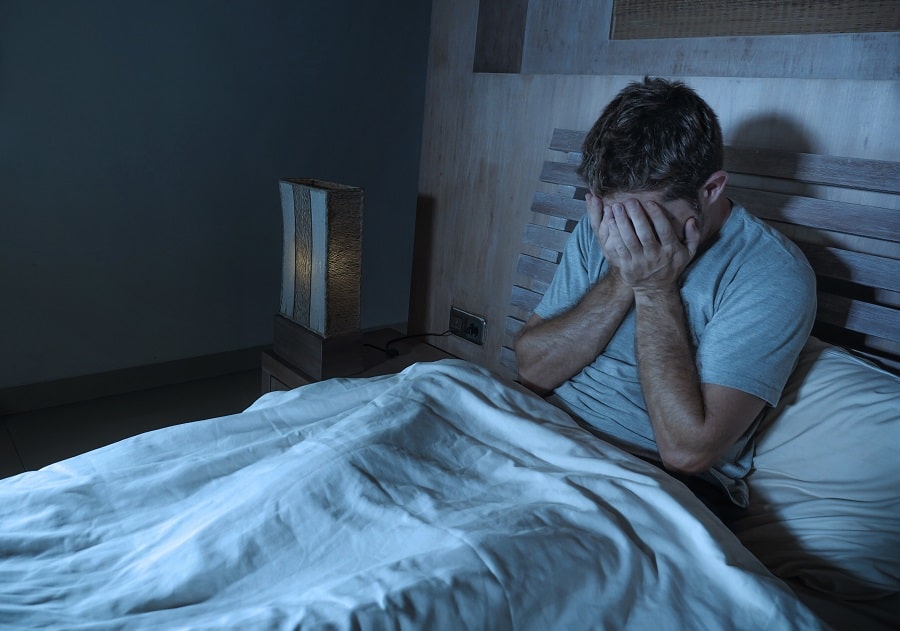 “I don’t know anyone who feels neutral about this movie—you either love it or hate it, and that can go either way depending on your frame of mind when you see it. Love, Actually is about relationships, love, and loss but, to me, it’s mostly about hope and being true to yourself. It’s sweet and funny. When my daughter was growing up we would watch it together at least once a year and still do occasionally so for us, it’s also become a tradition and a happy memory.”
“I don’t know anyone who feels neutral about this movie—you either love it or hate it, and that can go either way depending on your frame of mind when you see it. Love, Actually is about relationships, love, and loss but, to me, it’s mostly about hope and being true to yourself. It’s sweet and funny. When my daughter was growing up we would watch it together at least once a year and still do occasionally so for us, it’s also become a tradition and a happy memory.”
Twenty-something Megan Whalen described what it's like to live with chronic worry and anxiety in her blog, Lies My Anxiety Tells Me. When she’s feeling blue, she likes to curl up on the couch and watch a classic, light-hearted musical—My Fair Lady; Singin’ In the Rain; The Sound of Music and Guys and Dolls—are some of her favorites. “There is something about a movie filled with music and dancing that inevitably cheers me up and gets me in a much better mood,” says Megan. “It's hard to be anxious or sad when Gene Kelly or Julie Andrews are singing on screen.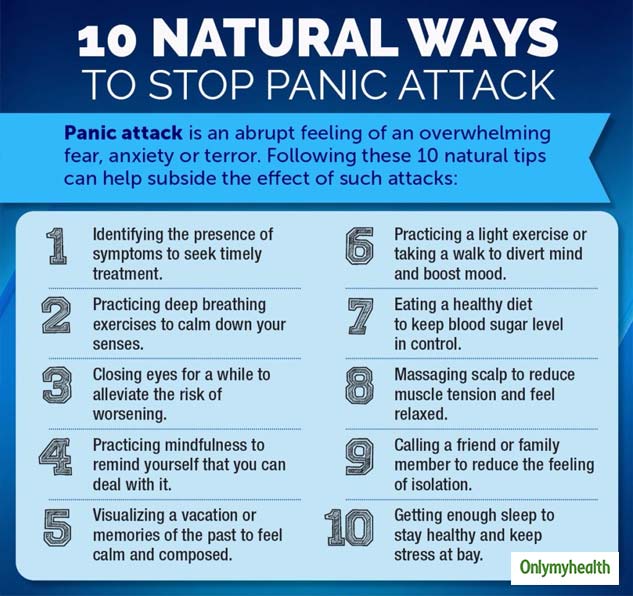 Added bonus: singing and dancing are mood boosters so I tend to get up from my couch and pretend I'm in the movie too!”
Added bonus: singing and dancing are mood boosters so I tend to get up from my couch and pretend I'm in the movie too!”
Followers on social media shared how they use movies to help them get through tough times:
@ms.rockylove recommends The Holiday “When Kate Winslet is depressed and turns on the stove, then snaps out of it on her own—I've had those moments.”
@liveloveloulou says sad movies help her express pent-up emotion: “Sometimes I am unable to cry even when I feel sad. Watching a tear-jerker helps me release that emotion safely. Movie or television show, it really doesn’t matter. Somehow watching someone else’s sadness helps carefully release my feelings and always makes me feel better.”
@caraglow says Practical Magic is her go-to: "It always makes me think of my twin sister. She has always understood my illness. ”
@kristinchronicles says TV's Grey’s Anatomy helps her. "Somehow observing how others cope with trauma despite a high-pressure, exhausting job is both inspirational and comforting.
 I think it adjusts my perspective and enables me to see how the positive and negative forces of life play a role in everything which helps me cope with my own negative experiences and emotions.”
I think it adjusts my perspective and enables me to see how the positive and negative forces of life play a role in everything which helps me cope with my own negative experiences and emotions.”@murmaderose loves Mrs. Doubtfire (who doesn't?): "It's my hands-down favorite flick because it makes me laugh every time and I know almost every line!
Depression Isn’t Sadness
Damioli says it's important to keep in mind that depression is not sadness. "The word depression is often a misused word to describe sadness," he says. “True [clinical] depression, in the sense of a major depressive episode, is a serious mental illness that can include a variety of symptoms including weight loss, sleep issues, fatigue, loss of interest in activities, diminished ability to focus and think, and it causes significant clinical distress. Depression can, and often does, include sadness but true depression is a lot more severe and complex.”
That said, uplifting movies are not a substitute for counseling, or dealing with mental health issues.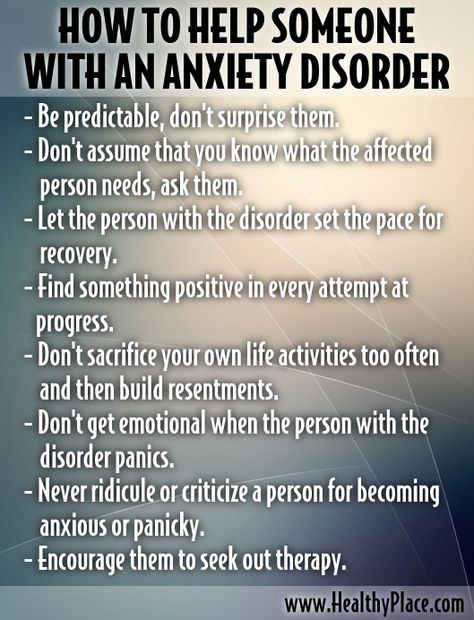 If you are struggling, seek out treatment from a mental health professional.
If you are struggling, seek out treatment from a mental health professional.
In the meantime, keep this list handy the next time you're looking for a distraction, could use a pick-me-up, or just want to educate the people you care about. If you'd like to add any films to our list, please let us know. Write a brief description telling us what a particular movie does for you and send us a message on Facebook, Instagram, or to Ann Gault, the executive editor. Happy viewing!
Notes: This article was originally published January 18, 2022 and most recently updated June 8, 2022.
best films about depression and depression
Film therapy: the best films about depression and depression-
5971
-
3229
-
thirty 236928
-
1 2712
-
12 14579
-
5 1982
Helpless
Photo: katushka. net
net
Tenenbaum Family
Photo: theandrewblog.net
"Little Miss Happy"
Photo: playbuzz.com
Helpless
Photo: tasteofcinema.com
"It's a very funny story"
Photo: film.ru
Cake
Photo: whatsonnetflix.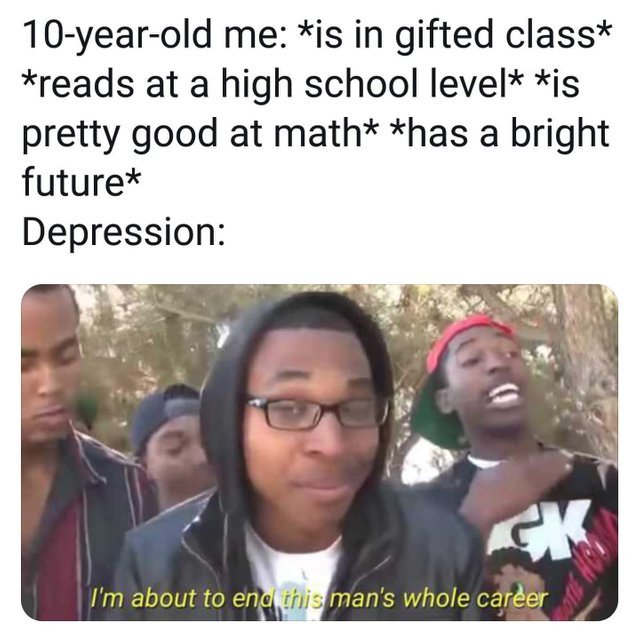 com
com
Cherry Flavor
Photo: english-subtitles.club
"It's good to be quiet"
Photo: kinomania.ru
"Side effect"
Photo: cineresenhas.com.br
Beaver
Photo: cinefeel.me
Lost in Translation
Photo: huffingtonpost.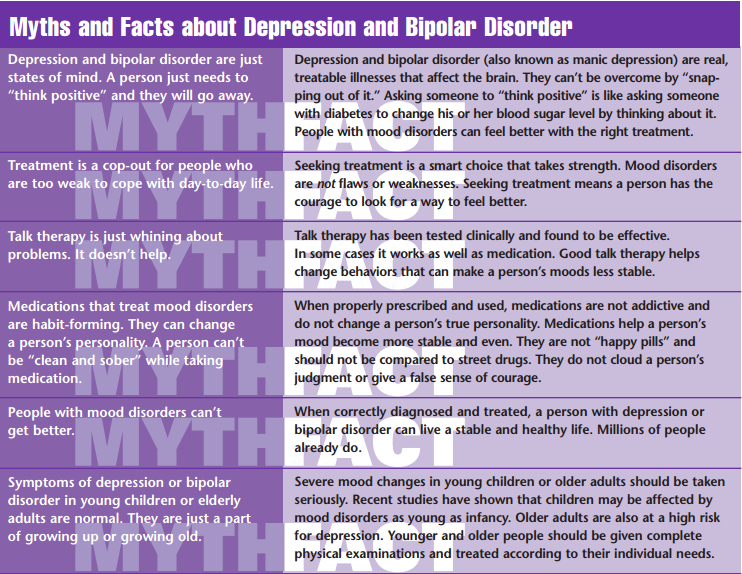 com
com
Unusual concerts in the Peter and Paul Cathedral. 12+
Jazz, medieval and classical music on the organ. Advertising. IP Romanenko Oleg Ivanovich. TIN 771471613250
See schedule
"Joy" / Joy (2015) 16+
Biopic directed by David O. Russell, who worked on My Boyfriend Is a Crazy, Fighter, and American Hustle. The plot is based on the biography of a single mother from Long Island, who became famous for the invention of the self-wringing “miracle mop”. Thanks to this household appliance, an American woman was able to establish a profitable company with sales of over one billion dollars. The title role in the film "Joy" brought Jennifer Lawrence the Golden Globe Award.
Thanks to this household appliance, an American woman was able to establish a profitable company with sales of over one billion dollars. The title role in the film "Joy" brought Jennifer Lawrence the Golden Globe Award.
"Tally" / Tully (2017) 18+
Everyday drama about the hardships of being a single mother starring Charlize Theron and Mackenzie Davis (The Martian, Blade Runner 2049). Marlo is exhausted, raising three children - and then there's a fourth on the way. It is not surprising that Nanny Tully becomes the most appropriate gift for a parent who is sewn up. You still have to get used to the girl, but the game is worth the candle.
It is not surprising that Nanny Tully becomes the most appropriate gift for a parent who is sewn up. You still have to get used to the girl, but the game is worth the candle.
"Ghost Beauty" / Collateral Beauty (2016)
David Frenkel's poignant drama about the experience of loss. After the death of his daughter, the owner of a successful advertising agency, Howard Inlet, could no longer cope with life. For two years, he retired almost completely and began to spend his days building domino structures that are so pleasant to destroy. At this time, the hero's partner decides to sell the company, but for a successful deal, he needs to prove Howard's incapacity.
"For once in my life" / Begin again (2013) 12+
Musical drama directed by American director John Carney, best known for Once Upon a Time. The music producer Dan, who is gradually losing the meaning of life, has been released and meets a talented singer named Greta. To avoid studio costs, the musicians record their debut album right on the streets of New York. In the process of work, the characters become very close, discovering new, surprising qualities for themselves in each other.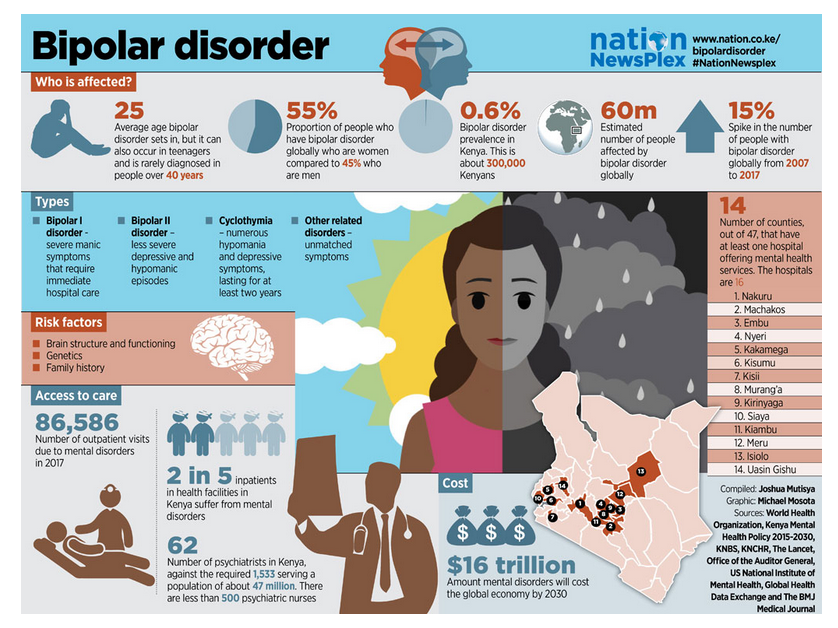 The film was nominated for an Oscar in the category "Best Song" ("Lost Stars").
The film was nominated for an Oscar in the category "Best Song" ("Lost Stars").
The Tenenbaums / The Royal Tenenbaums (2001) 16+
Films where depression hits the main characters like a bolt from the blue are not necessarily gloomy and depressing - some directors manage to look at the problem from a comedic angle without belittling the seriousness of this disorder. Perhaps the most famous master of turning angst and melancholy into a two-hour adult matinee is Wes Anderson, and the most “depressing” film in his collection is The Tenenbaums.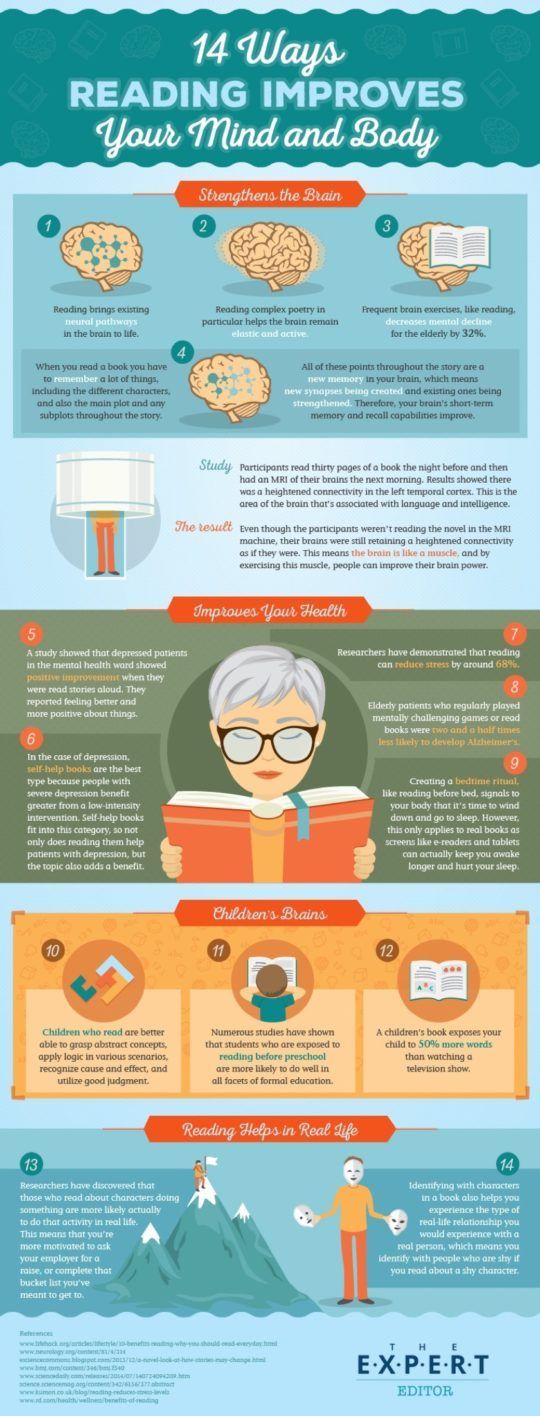 The eccentric heroes of this funny dramedy, as if by magic, fall into a protracted spleen and sluggishly get out of it throughout the entire screen time, managing to charge the audience with the opposite energy.
The eccentric heroes of this funny dramedy, as if by magic, fall into a protracted spleen and sluggishly get out of it throughout the entire screen time, managing to charge the audience with the opposite energy.
"Little Miss Sunshine" / Little Miss Sunshine (2006) 16+
Another film designed to prove that in the most hopeless moments of despair and disappointment in life, you need to find the button in yourself that is responsible for self-control and optimism.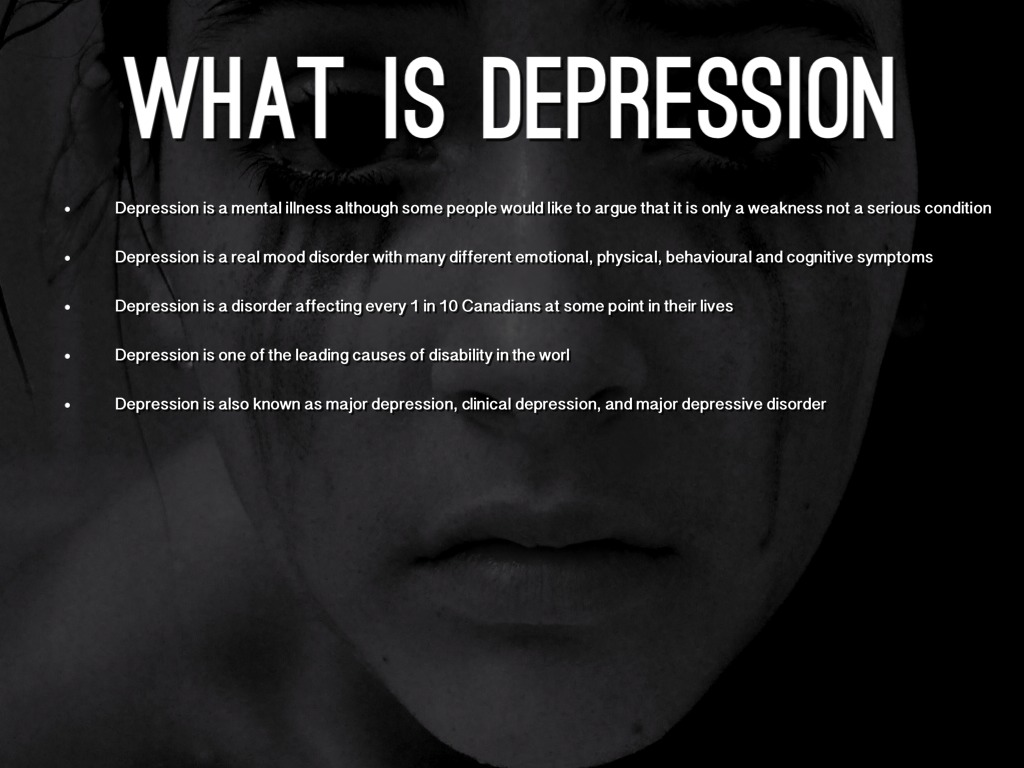 The plot is built around a large American family, each member of which has all the prerequisites for regular visits to the local psychiatrist: a loser dad, a mother on the verge of a nervous breakdown, a gloomy as Monday morning, a son and a sensitive uncle suffering from unrequited love. And if such states visit you more often than friends, turn on the movie soon and go on a journey with an eccentric family that will become a sobering cure for any neuroses.
The plot is built around a large American family, each member of which has all the prerequisites for regular visits to the local psychiatrist: a loser dad, a mother on the verge of a nervous breakdown, a gloomy as Monday morning, a son and a sensitive uncle suffering from unrequited love. And if such states visit you more often than friends, turn on the movie soon and go on a journey with an eccentric family that will become a sobering cure for any neuroses.
"Helpless" / Numb (2007)
Sometimes there come moments in life when you don't want anything, you're tired of everything and you don't even have the strength to lift your mortal body off the couch.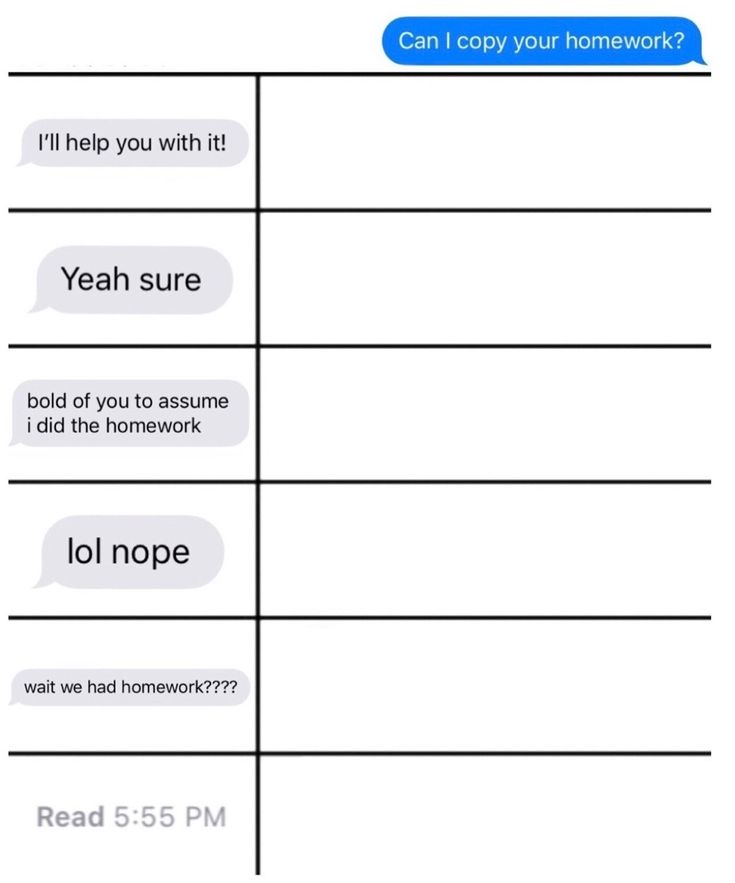 Such a feeling of indifference to everything can last a day or a week at most, because sooner or later the black stripe should be replaced by a white one. But for the hero of the film "Helpless" everything is much more complicated - he suffers from a rare disease called "depersonalization", in which the patient loses all emotions and feelings. He turns to psychologists, pills, alternative medicine, but all efforts are in vain. Until love once again proves its healing properties.
Such a feeling of indifference to everything can last a day or a week at most, because sooner or later the black stripe should be replaced by a white one. But for the hero of the film "Helpless" everything is much more complicated - he suffers from a rare disease called "depersonalization", in which the patient loses all emotions and feelings. He turns to psychologists, pills, alternative medicine, but all efforts are in vain. Until love once again proves its healing properties.
"This is a very funny story" / It's Kind of a Funny Story (2010)
Depression can be encountered at any age, not to mention adolescence, when even the smallest problem seems to be a tragedy of universal proportions.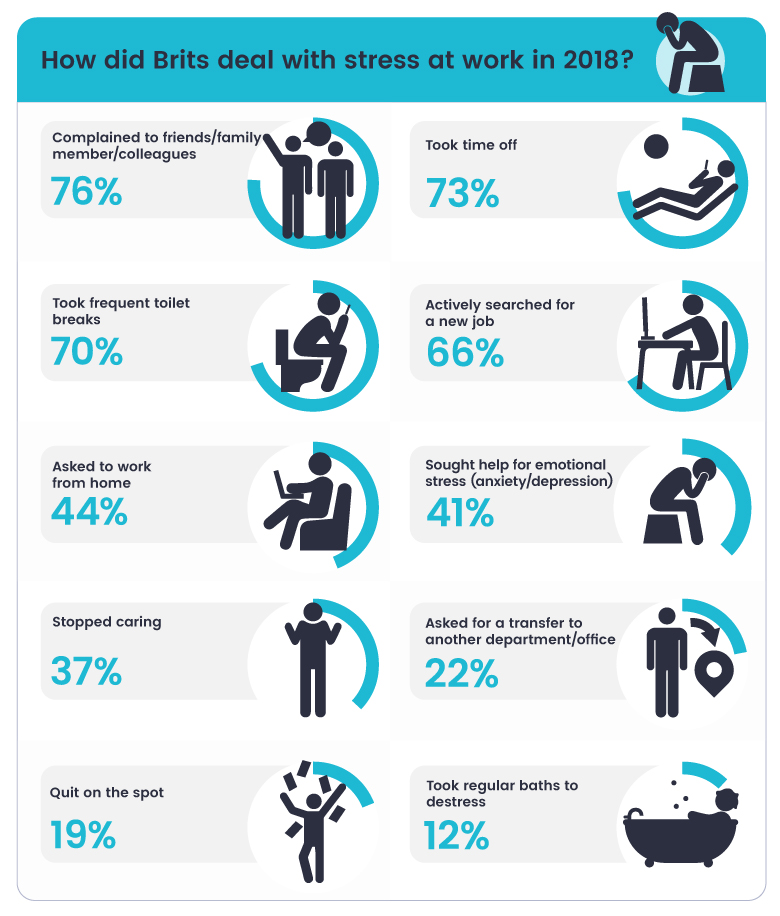 It was this youthful craving to inflate an elephant out of a fly that became the leitmotif of the tragicomedy of Anna Boden and Ryan Fleck. “A Very Funny Story” tells the story of a 16-year-old boy who faced typical puberty problems, but chose rather drastic measures to solve them - a week-long “vacation” in an adult psychiatric ward. As a result, after meeting with local eccentric patients (one of whom turns out to be comedian Zach Galifianakis), the hero acquires not only the desire for life, but also true love.
It was this youthful craving to inflate an elephant out of a fly that became the leitmotif of the tragicomedy of Anna Boden and Ryan Fleck. “A Very Funny Story” tells the story of a 16-year-old boy who faced typical puberty problems, but chose rather drastic measures to solve them - a week-long “vacation” in an adult psychiatric ward. As a result, after meeting with local eccentric patients (one of whom turns out to be comedian Zach Galifianakis), the hero acquires not only the desire for life, but also true love.
"Cake" / Cake (2014) 12+
The appetizingly culinary title of the film can be confusing - no, this is not a continuation of the film "Julie and Julia: Cooking happiness according to the recipe", but a poignant drama about a woman who survived a terrible car accident and fell into a hopeless depression.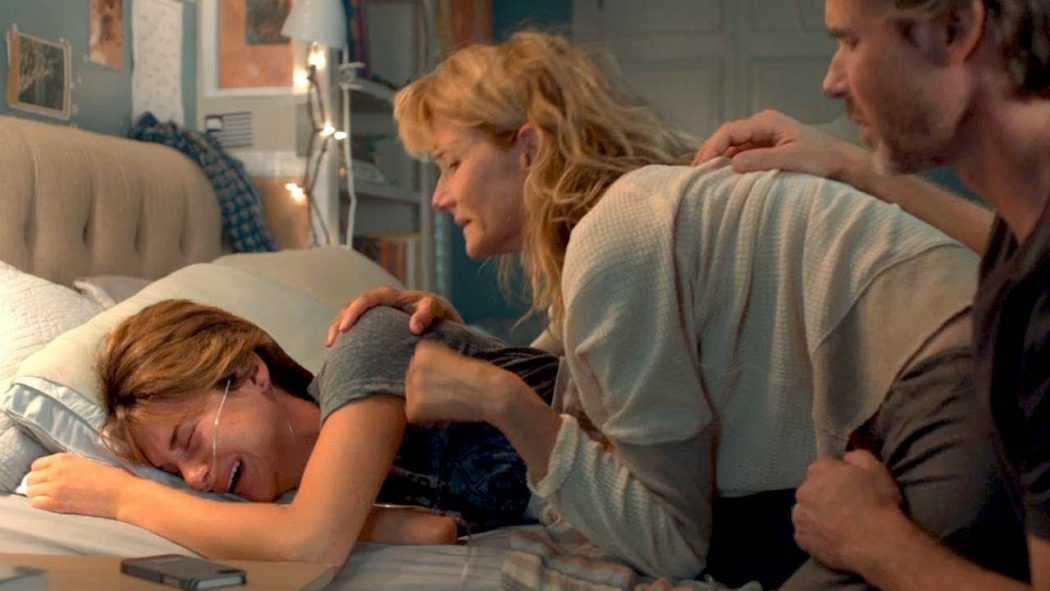 The heroine Jennifer Aniston, disfigured by scars, attends psychological support courses, eats tranquilizers like M&M's, and is constantly looking for ways to commit suicide - the director does not try to gloss over a depressive attitude, but, on the contrary, strives for the viewer to follow the main character everywhere and live a black stripe along with her. After all, the life-affirming ending will lead us to the idea that everything can be experienced.
The heroine Jennifer Aniston, disfigured by scars, attends psychological support courses, eats tranquilizers like M&M's, and is constantly looking for ways to commit suicide - the director does not try to gloss over a depressive attitude, but, on the contrary, strives for the viewer to follow the main character everywhere and live a black stripe along with her. After all, the life-affirming ending will lead us to the idea that everything can be experienced.
"Cherry Taste" / Ta'm e guilass (1997) 16+
A simple yet thoughtful parable by Abbas Kiarostami teaches us that you should never give up - there is always something worth living for. The film tells about a man who decides to go into oblivion, but cannot commit suicide, which is unacceptable according to the Koran, and is looking for a person who is ready to help him in this for a decent fee. However, the search for a guide to the next world turns into a philosophical road movie, which with each turn of the wheel gives strength to rise above troubles and returns to life.
The film tells about a man who decides to go into oblivion, but cannot commit suicide, which is unacceptable according to the Koran, and is looking for a person who is ready to help him in this for a decent fee. However, the search for a guide to the next world turns into a philosophical road movie, which with each turn of the wheel gives strength to rise above troubles and returns to life.
"It's good to be quiet" / The Perks of Being a Wallflower (2012) 16+
Stephen Chbosky's indie drama about the reality of a shy teenager who bites a lot and inventively.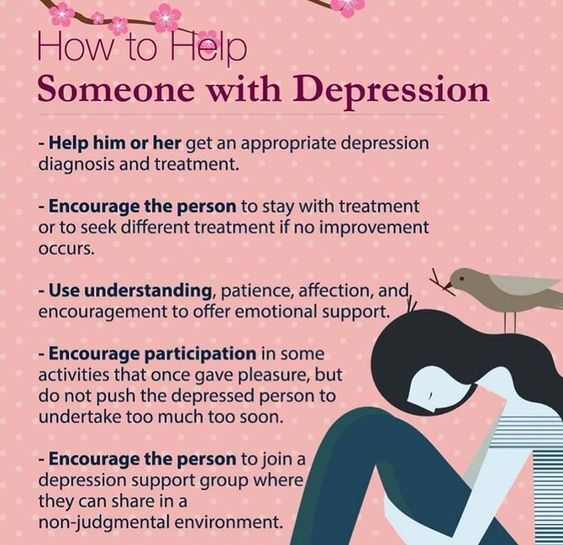 The youthful blues of the 16-year-old introvert are constantly fueled by the transition to high school, the death of an aunt, and the strange suicide of a best friend. But, fortunately, the main character quickly finds a way to deal with it - after all, when the heroine of Emma Watson is in your friend zone, you begin to believe in magic. The recipe carefully written by the creators of this film is simple - avoid loneliness and make new friends, because communication is a sure way to free your head from bad thoughts.
The youthful blues of the 16-year-old introvert are constantly fueled by the transition to high school, the death of an aunt, and the strange suicide of a best friend. But, fortunately, the main character quickly finds a way to deal with it - after all, when the heroine of Emma Watson is in your friend zone, you begin to believe in magic. The recipe carefully written by the creators of this film is simple - avoid loneliness and make new friends, because communication is a sure way to free your head from bad thoughts.
"Side effect" / Side Effects (2013) 16+
Steven Soderbergh's psychological thriller in the most realistic colors paints a picture of clinical depression, sometimes even frightening in its authenticity - the main character suffers from excruciating insomnia, walks along the edge of the platform with wet eyes and shows an unhealthy interest in sharp objects. The therapeutic effect of this truly grim spectacle is due not only to the plot, presented in the format of a case history, but also to the stellar cast - the magnificent performances of Rooney Mara, Channing Tatum and Jude Law sweeten the pill significantly.
The therapeutic effect of this truly grim spectacle is due not only to the plot, presented in the format of a case history, but also to the stellar cast - the magnificent performances of Rooney Mara, Channing Tatum and Jude Law sweeten the pill significantly.
"Beaver" / The Beaver (2010) 16+
An inventive and uncompromising tragicomedy that reveals the unusual story of depression and its cure. The plot focuses on the owner of a toy company (being played by the brutal Mel Gibson adds another hundred points to the film's ingenuity), overcome by constant neuroses.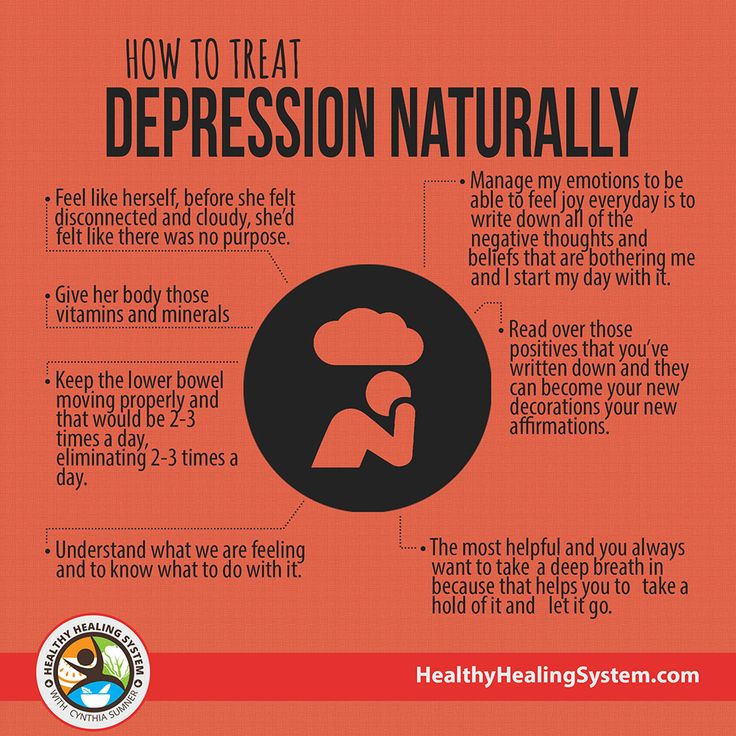 He sleeps all day, acquires addictions and looks like a wolf at his wife and two children. But in a moment of complete despair, the hero finds a long-awaited salvation - a puppet beaver. Putting a toy on his hand and giving it his second self, a 50-year-old neurotic begins to rapidly recover. Conclusion: to save yourself from chronic blues, you just need to find your inner beaver.
He sleeps all day, acquires addictions and looks like a wolf at his wife and two children. But in a moment of complete despair, the hero finds a long-awaited salvation - a puppet beaver. Putting a toy on his hand and giving it his second self, a 50-year-old neurotic begins to rapidly recover. Conclusion: to save yourself from chronic blues, you just need to find your inner beaver.
Lost in Translation (2003) 16+
A wise man said that depression is just a period of acute feeling of the need for happiness.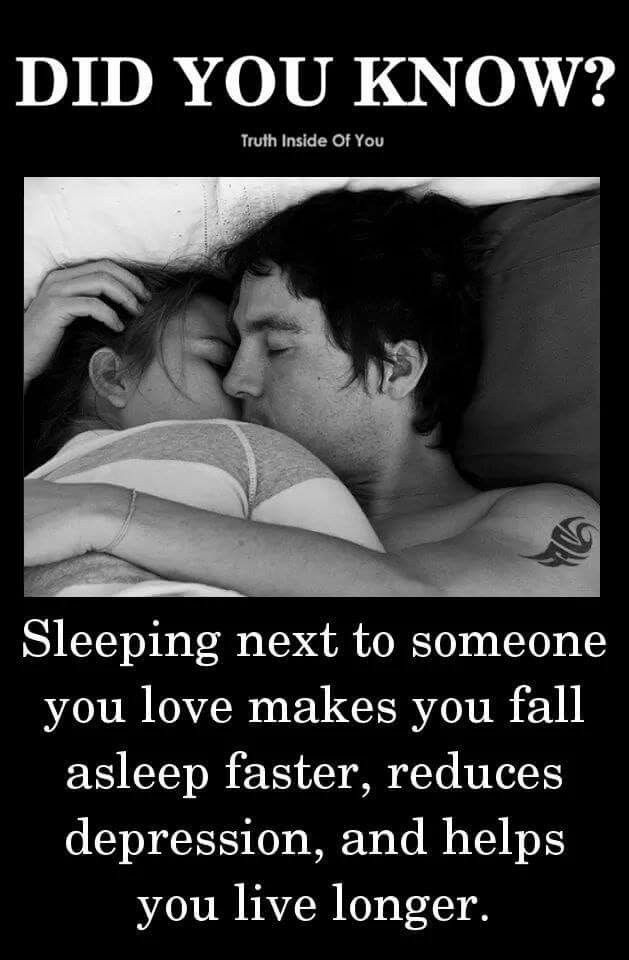 Such an emotional hunger was once experienced by the melancholic heroes of Sofia Coppola's tragicomedy Lost in Translation, who met in a bar in a Tokyo hotel. He is a retired Hollywood actor, she is a young girl bored in a foreign land from forced inactivity. In the company of each other against the backdrop of neon Japan, the characters of Scarlett Johansson and Bill Murray finally find the desired harmony. Perhaps, in search of a patch from mental trauma, you should also change the scenery and find the right interlocutor.
Such an emotional hunger was once experienced by the melancholic heroes of Sofia Coppola's tragicomedy Lost in Translation, who met in a bar in a Tokyo hotel. He is a retired Hollywood actor, she is a young girl bored in a foreign land from forced inactivity. In the company of each other against the backdrop of neon Japan, the characters of Scarlett Johansson and Bill Murray finally find the desired harmony. Perhaps, in search of a patch from mental trauma, you should also change the scenery and find the right interlocutor.
If you find a typo or error, select the text fragment containing it and press Ctrl + ↵
Select mailing list:
By clicking on the "Subscribe" button, you agree to the transfer and processing of the provided personal information in accordance with the terms of the Privacy Policy.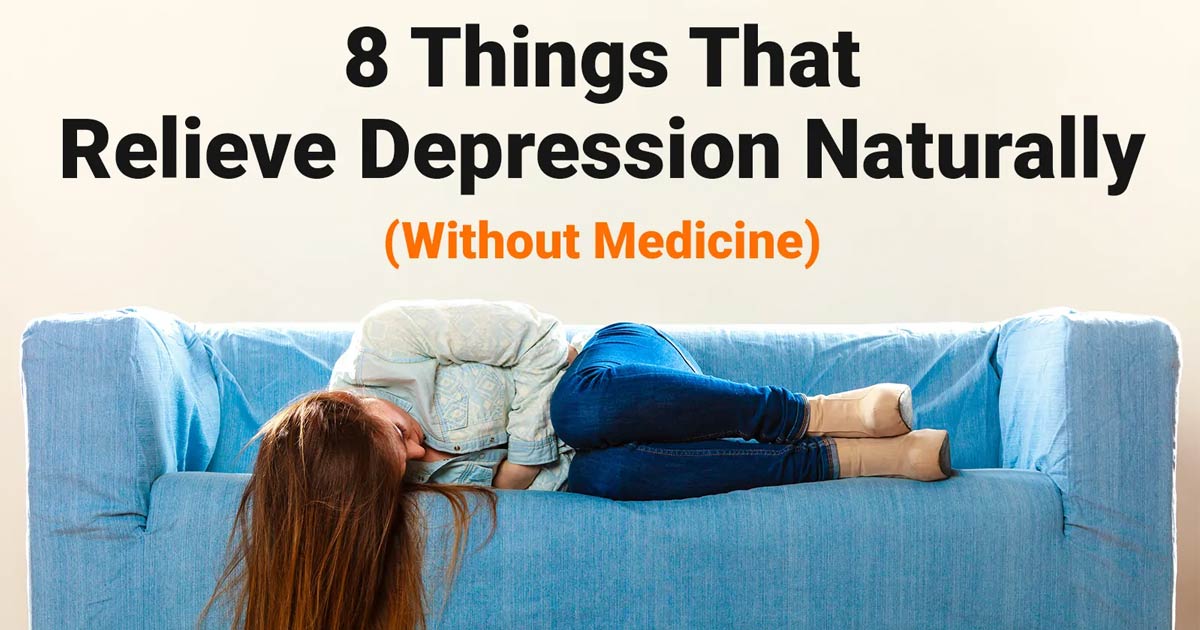
Subscribed
Thank you!
Life-affirming films that will save you from depression: a list of the best
If black melancholy has already captured you and you feel that depression is approaching, kind and funny films will not help you. You need a plan. And we have it.
Tags:
Tom Cruise
VOICE recommends
single mother
Movie selection
Depression
Life-affirming films against depression are exactly what you need now.
We have collected for you anti-depressive films that will take you step by step away from melancholy and sadness. Follow our plan, and by the time you watch the last movie on our list, you will feel better.
Our list of films for depression for women has one important feature: you need to watch the tapes in order, otherwise nothing will work.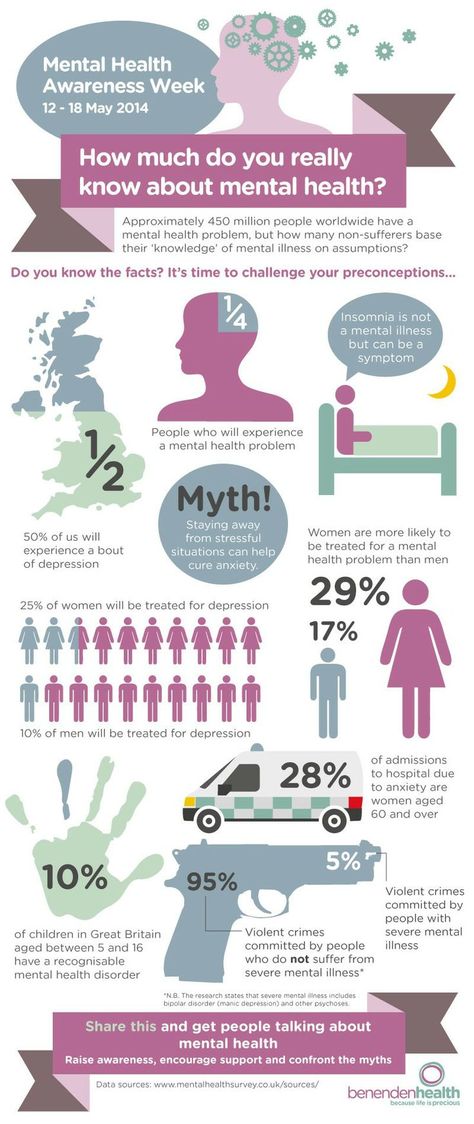 A movie for depression will work as it should if you watch it at the right time. There, cancel all unimportant things and start watching all 10 films in turn.
A movie for depression will work as it should if you watch it at the right time. There, cancel all unimportant things and start watching all 10 films in turn.
Cry
"P.S. I love you"
Cast: Hilary Swank, Gerard Butler, Kathy Bates, Gina Gershon 9023 09 ADVERTISING - CONTINUED BELOW Oddly enough, but in the melancholy that precedes depression, one does not want to cry at all. And that's bad. Therefore, it is absolutely necessary for you to weep - sobbing, literally to the rupture of the aorta. But in such a way that you feel relief later. Therefore, neither "White Beam, Black Ear", nor "Braveheart", nor "Dancing in the Dark" will suit you. You will cry, of course, but then you will want to lie down and die. So check out P.S. I love you ”is a film from depression that will make anyone cry, but in the end you will feel not longing, but light sadness. THIS IS INTERESTING Tom Cruise and other stars who met on set Tom Cruise and Nicole Kidman first met in 1990 on the set of Days of Thunder. 1 of 5  Nicole thought that she would not be cast, because she was much taller than the main character played by Tom Cruise. However, the difference in height did not bother either the actor or director Tony Scott. Soon, passion flared up between Nicole and Tom. Cruise divorced his wife, Mimi Rogers, and married Kidman in 1990. In marriage, Kidman experienced an ectopic pregnancy, after which the couple adopted a daughter, Isabella, and then adopted Connor. The film Eyes Wide Shut was the beginning of the end for the couple. Filming was difficult for them, and in 2001 the actors decided to divorce.
Nicole thought that she would not be cast, because she was much taller than the main character played by Tom Cruise. However, the difference in height did not bother either the actor or director Tony Scott. Soon, passion flared up between Nicole and Tom. Cruise divorced his wife, Mimi Rogers, and married Kidman in 1990. In marriage, Kidman experienced an ectopic pregnancy, after which the couple adopted a daughter, Isabella, and then adopted Connor. The film Eyes Wide Shut was the beginning of the end for the couple. Filming was difficult for them, and in 2001 the actors decided to divorce. Turn off Thoughts
Knight of the Day
Cast: Tom Cruise, Cameron Diaz, Peter Sarsga 902 902 32
You don't really even think . That is, you think, but not in the usual way. Thoughts just go in circles, the same ones, it is impossible to stop this endless whirlpool, but it is also impossible to focus on it.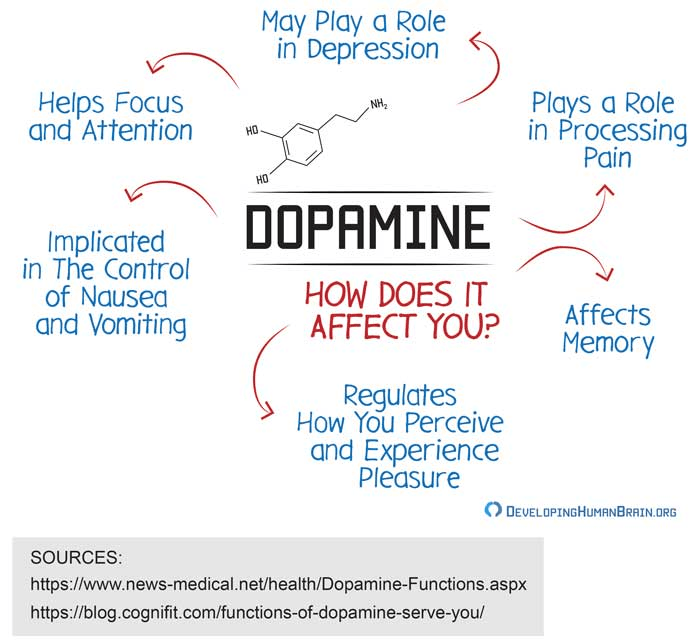 This needs to be stopped. Just turn off. So turn on "Knight of the Day" - an extremely perky and funny action movie with Tom Cruise and Cameron Diaz. This film against depression does not require mental effort at all. Just watch how everything around explodes, and cute Tom manages to save both himself and the young lady, and also crack a joke. Not too sparkling, however. Exactly the kind that you can laugh at without thinking.
This needs to be stopped. Just turn off. So turn on "Knight of the Day" - an extremely perky and funny action movie with Tom Cruise and Cameron Diaz. This film against depression does not require mental effort at all. Just watch how everything around explodes, and cute Tom manages to save both himself and the young lady, and also crack a joke. Not too sparkling, however. Exactly the kind that you can laugh at without thinking.
Change reality
Spirited Away
Turned off the brain? Now leave. Welcome from here! You have absolutely nothing to do in this reality, because here you feel bad. You need to immerse yourself in another one for at least an hour and a half, “change the picture” by watching a suitable movie to get out of depression. Sensei Hayao Miyazaki knows how to do it. All his films are other worlds in which you are completely immersed from the first frames. But Spirited Away is a different world. There, in general, everything is not the same as with us - except, perhaps, the most important thing: besides friendship and love.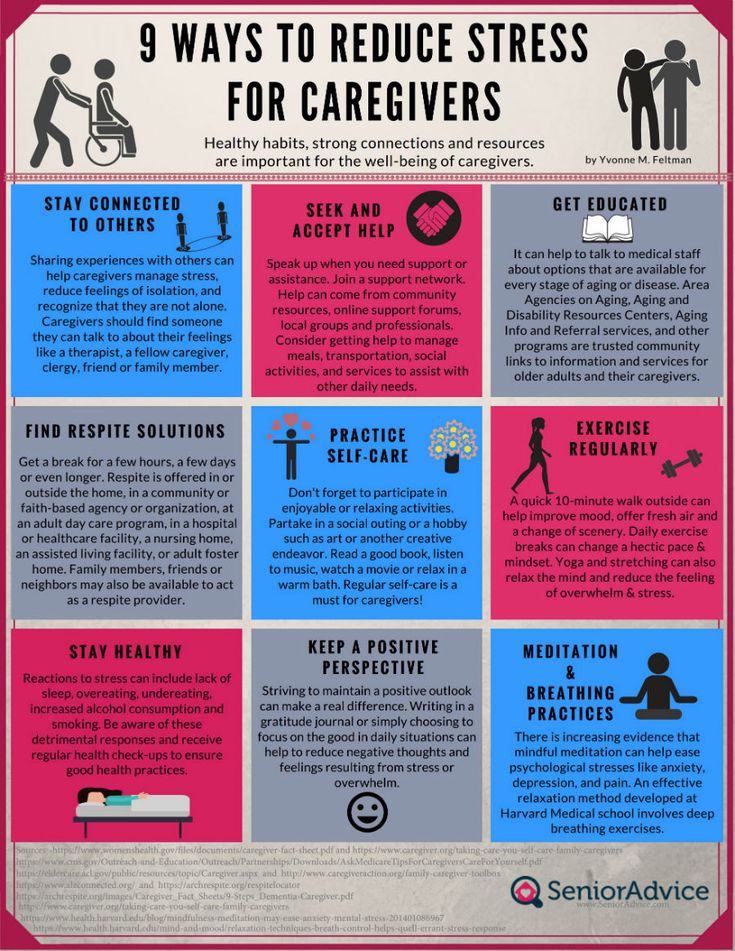 In general, you are there.
In general, you are there.
Scared
The Ring
Starring: Naomi Watts, David Dorfman, Davey Chase, Film999
Switch on Feelings
Only Lovers Left Alive
Starring: Tilda Swinton, Mia Wasikowska, Tom Hiddleston, Anton Yelchin 04 Shaken up? It's time to take inventory in your rich inner world.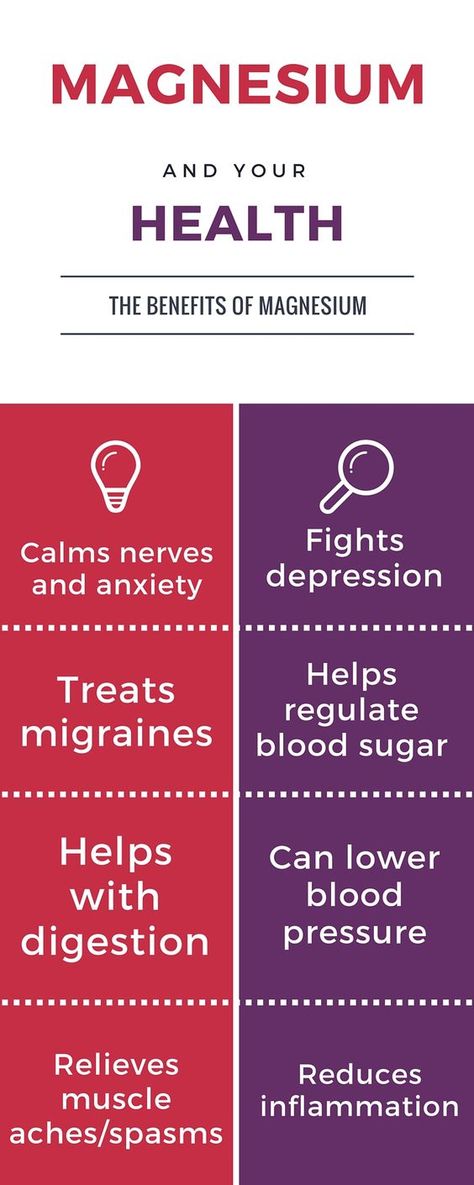 Black melancholy is dangerous because it burns out feelings gradually. You yourself didn’t notice how you began to feel as if “through cotton wool”: your emotions became as if alien, only echoes reach you. It's no use shaking yourself, kicking a tear, or making you laugh - you need gentle therapy. You don't need a movie about feelings, you need a movie in which there is nothing at all but feelings. And here you can’t do without Jarmusch. Only Lovers Left Alive is a film with a very slow, drawn-out plot. But the frames and music make their way so that it seems that you not only see and hear, but also smell, feel everything that happens there. The best film against depression and apathy! 9The Expendables
Black melancholy is dangerous because it burns out feelings gradually. You yourself didn’t notice how you began to feel as if “through cotton wool”: your emotions became as if alien, only echoes reach you. It's no use shaking yourself, kicking a tear, or making you laugh - you need gentle therapy. You don't need a movie about feelings, you need a movie in which there is nothing at all but feelings. And here you can’t do without Jarmusch. Only Lovers Left Alive is a film with a very slow, drawn-out plot. But the frames and music make their way so that it seems that you not only see and hear, but also smell, feel everything that happens there. The best film against depression and apathy! 9The Expendables
Now that your feelings have awakened, you I urgently need consolation. You need to become a little girl who will be hugged and held by someone big and strong. This someone must be kind and omnipotent. Like Dad. So you need to go back to your childhood. You don't have to watch your favorite children's films, it won't help.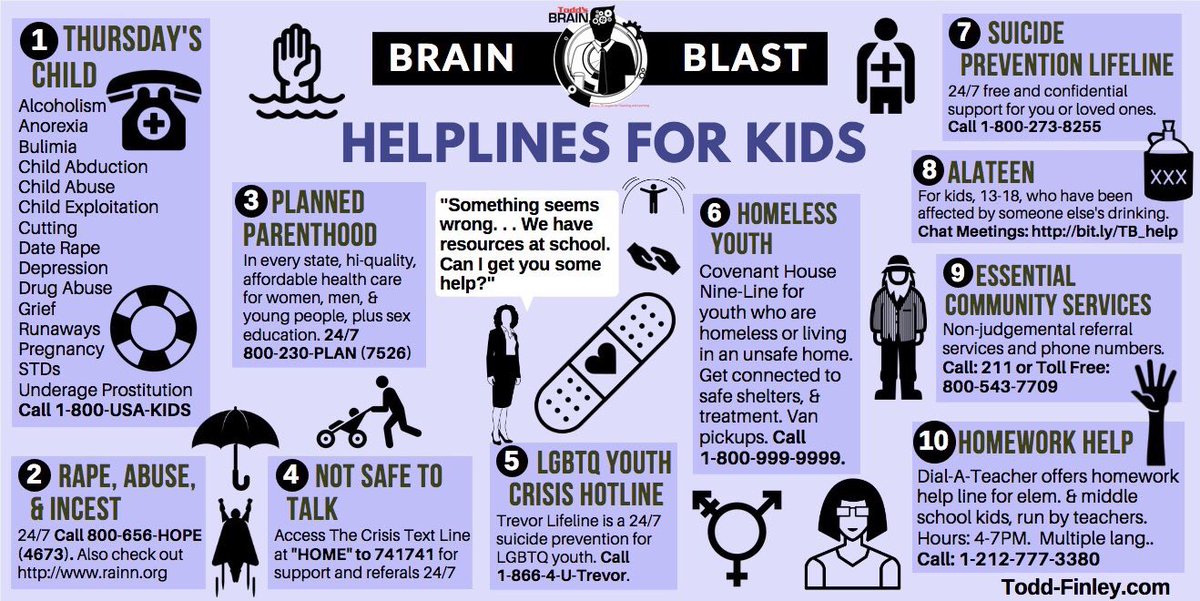 Better watch the life-affirming film from depression for women - "The Expendables". Here they are, the heroes of your childhood dreams: Iron Arnie, Sly, Van Damme, Dolph - they are together again and again with you. Pure childish delight, happiness and joy - the characters do not grow old and do not die, it turns out. They are here. Near.
Better watch the life-affirming film from depression for women - "The Expendables". Here they are, the heroes of your childhood dreams: Iron Arnie, Sly, Van Damme, Dolph - they are together again and again with you. Pure childish delight, happiness and joy - the characters do not grow old and do not die, it turns out. They are here. Near.
Feel needed
How to Train Your Dragon
The worst feeling that comes before depression is the feeling that no one needs you anymore. No, the world is not against you, you just fade away quietly, and not a single person notices this. This is a terrible condition that needs to be nipped in the bud. What movie to watch when depressed to do this? Turn on one of the most beautiful cartoons of recent years - How to Train Your Dragon. This is, without exaggeration, the best film about true friendship. And that we all need someone. And that even if you are silent, the closest person will certainly see that something is wrong.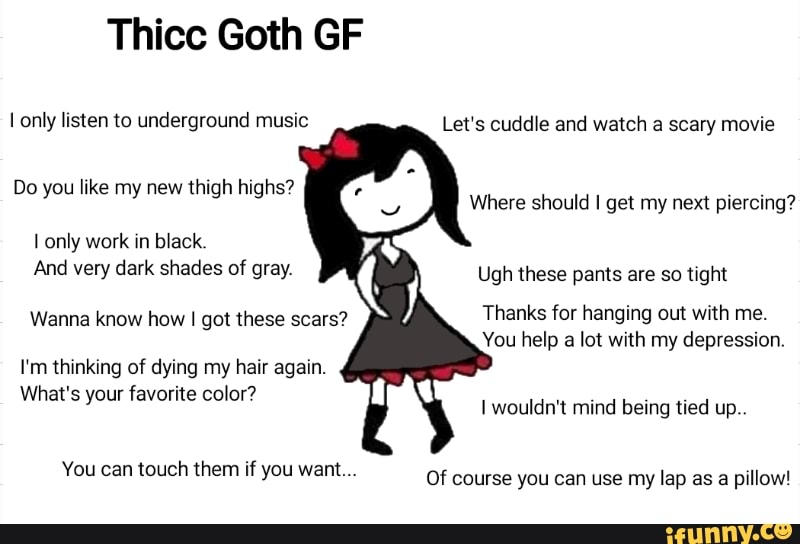
Get inspired
"Joy"
Cast: Jennifer Lawrence, Robert de Niro, Bradley Cooper9, Isabella Rossellini Remained 1
the last push, you just need to tighten up a little, and you will break out of this sticky longing. But the problem is that you most likely do not have the resource for this breakthrough. You need motivation. Need inspiration. Therefore, try to gather your strength and watch "Joy" - a film from depression for women about a woman who could. It is not so easy to become a successful entrepreneur if you are a single mother of many children, and around you is a male world in which a woman is assigned the role of a housewife. And most importantly, this is not just an inspiring movie. This is a movie based on real events. She did it, which means you can too. You just need a little inspiration. So here it is - come and see.
Immerse yourself in love
"Lilo and Stitch"
We will not retell you the plot of this cartoon, but not at all because you have probably seen it more than once.
